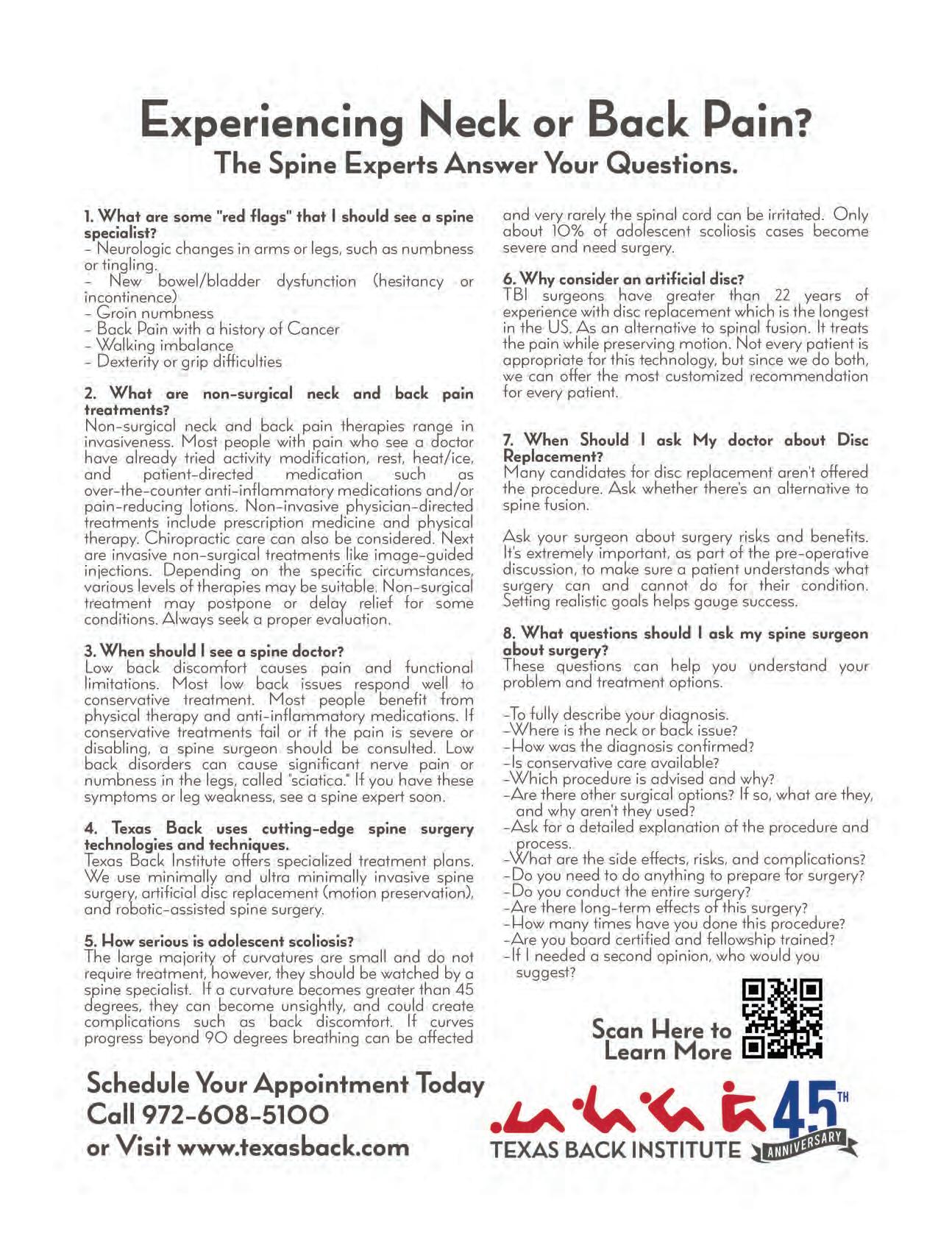TOP LAWYERS ISSUE 2024



Dr. Courtney is a board-certified orthopedic spine surgeon located in Plano, Texas. A Louisiana native, he attended Louisiana State University for medical school, and completed residency at Texas A&M followed by a fellowship at the Florida Neck and Back Institute.
SPECIALTIES:
• Back Pain
• Neck Pain
• Spine Pain
• Disc Replacement
• Microdiscectomy
• Spinal Fusion
• Minimally Invasive Surgery
• Steroid Injections
• Physical Therapy
“I believe in treating each of my patients with honesty, dignity, and respect. My patients come away from our shared interactions feeling confident, assured that they are truly in the best hands. Throughout my career, I have remained laser-focused on providing world-class care and innovation to the patients I treat on a daily basis. I look forward to getting to know you!”
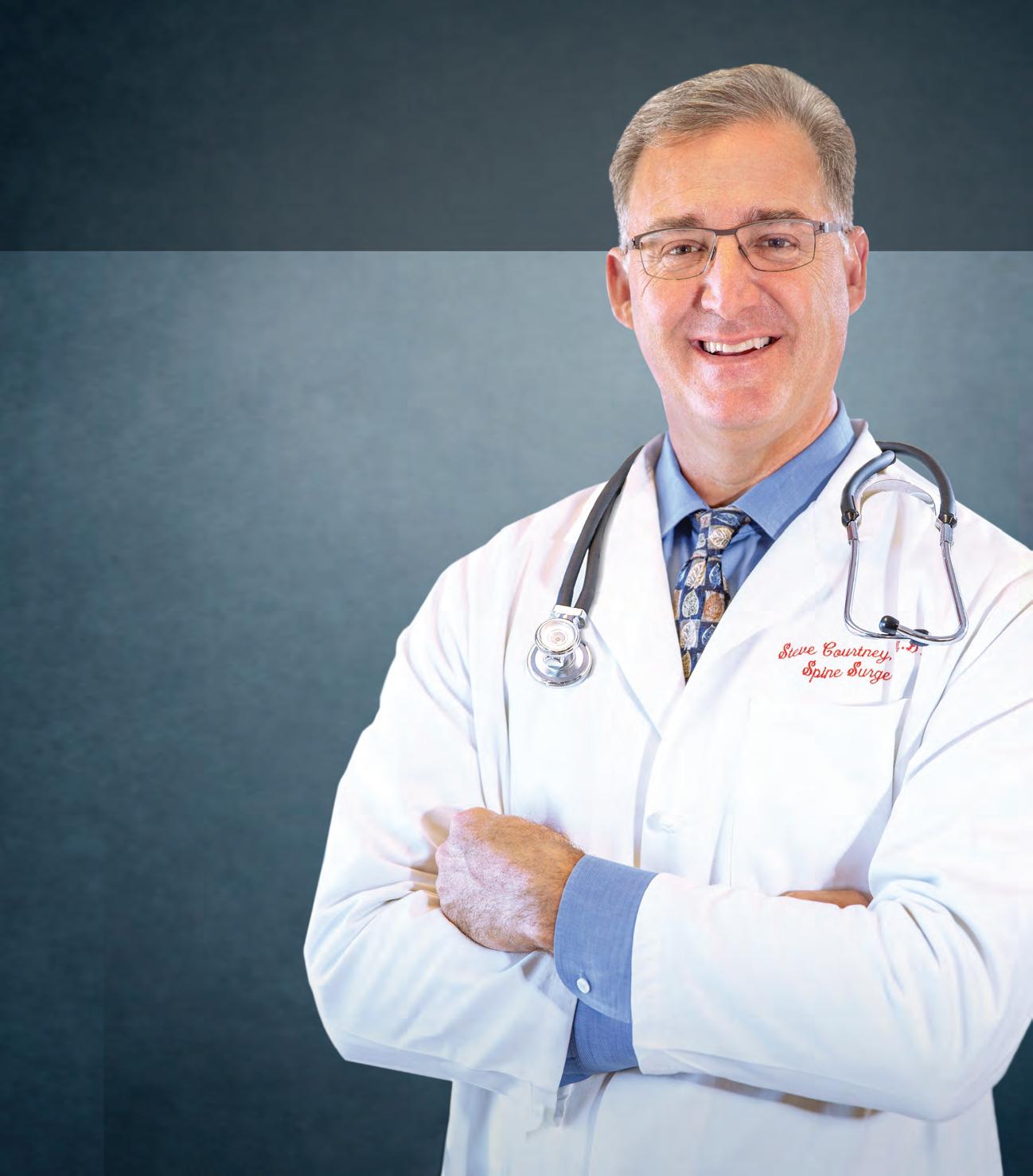





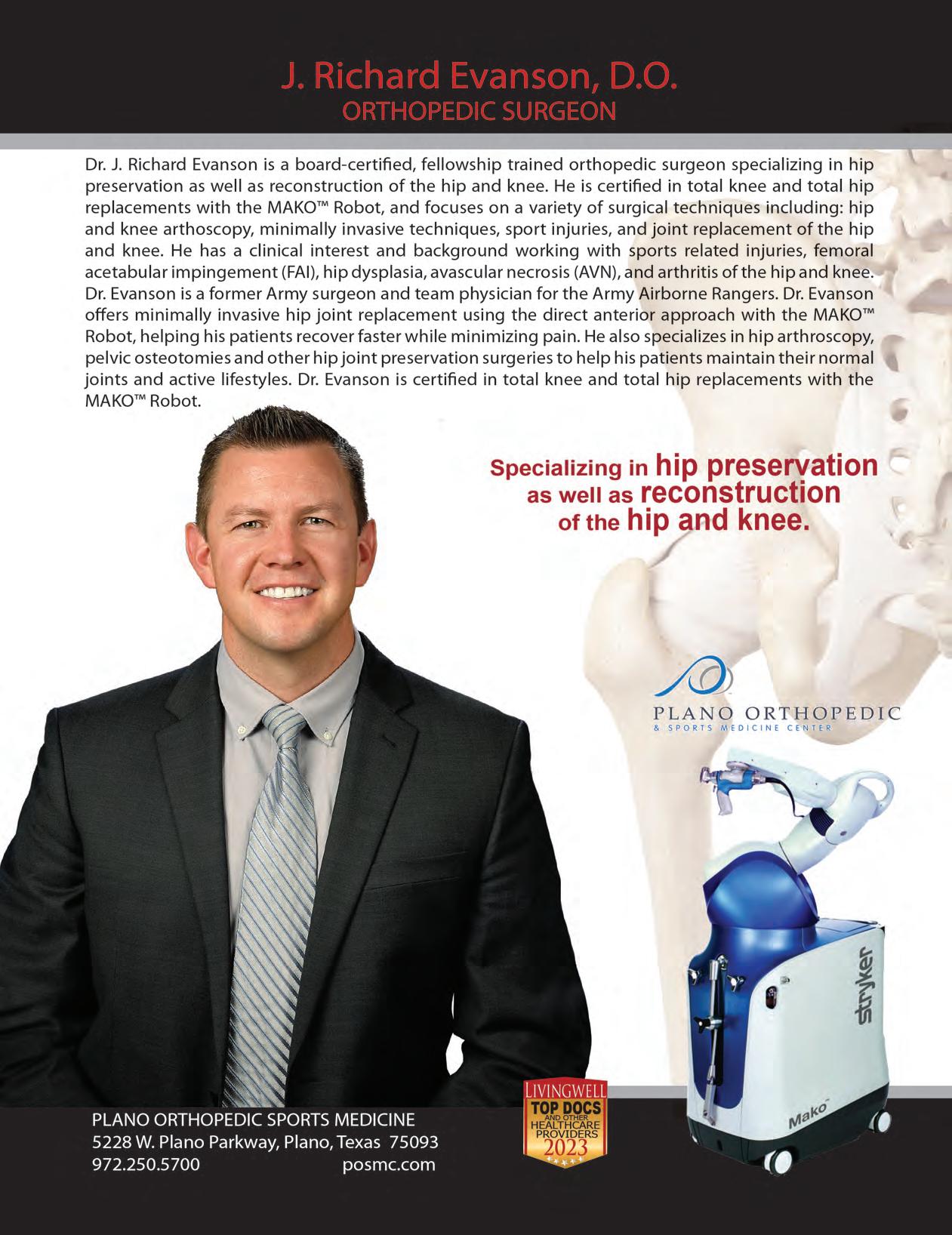


Pain Management • Sports Medicine • General Surgery • Spine Surgery
Orthopedic Surgery • Neurosurgery • Minimally Invasive Spine Surgery
Total Joint Surgery • Foot & Ankle Surgery • Hand Surgery
Gynecological Surgery • Plastic Surgery



Welcome to the latest edition of LIVING WELL Magazine, a source for those seeking a life marked by balance, health, and informed living. In this issue, we delve into stories of resilience, achievement, and empowerment that underscore the multifaceted journey of wellbeing.
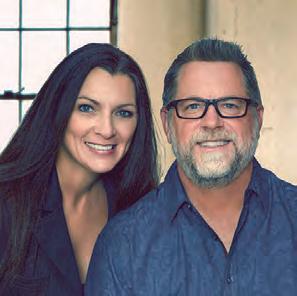
Our cover story is an inspiring profile on Deandra Grant, a powerhouse in the legal arena and a passionate advocate for animal welfare. From her humble beginnings in Plano to becoming the managing partner of Deandra Grant Law, her story is one of dedication, evolution, and success. Grant’s journey from aspiring veterinarian to a nationally recognized DWI law expert exemplifieshow personal passions and professional pursuits can intertwine to create a fulfilling life. As she navigates the complexities of criminal defense, her commitment to rescuing dogs and supporting her community shines through, reminding us of the impact one individual can have across various spheres of life.
Ths edition also marks our annual Top Lawyers issue, highlighting the cream of the crop within the legal fild. These selected attorneys not only excel in their practice but also embody the ethos of service and integrity, much like Deandra Grant herself. Their stories, successes, and contributions to the law and their communities are featured within these pages, offering a glimpse into the caliber of legal talent and advocacy present in our area.
In the spotlight of entertainment and influence, we feature Emily Blunt, a figue whose talents and contributions extend beyond the silver screen. Her journey, challenges, and achievements provide a narrative that is both captivating and inspiring, reflcting the essence of creativity and resilience.
March brings Women’s History Month into focus, a time to reflct on the strides made towards gender equality and the ongoing battles for rights and recognition. The article inside explores the historical milestones and the women who paved the way for today’s freedoms and opportunities. It’s a reminder of the strength and perseverance inherent in the fiht for equality and the importance of safeguarding these hard-won gains.
Lastly, we address a modern-day challenge that affects millions: recovering from identity theft.In an era where personal information is increasingly digital, the risk of identity theft looms large. Our comprehensive guide offers crucial steps for victims to reclaim their security and prevent future breaches, underscoring the importance of vigilance in protecting one’s personal and fiancial wellbeing.
As you turn the pages of this issue, we hope you fid inspiration, information, and insight that enrich your life and wellbeing. We’re committed to bringing you stories that resonate, advice that empowers, and content that informs your journey towards living well.
Happy Reading!

MARCH/APRIL
PRESIDENT & CEO SAM HOUSTON
VICE PRESIDENT & CFO SPRING HOUSTON
EDITOR, FEATURE WRITER & SOCIAL MEDIA SONDRA BARR
ART DIRECTOR VANESSA FRYER
ACCOUNTS MANAGER JENNIFER BEAVERS
WEBSITE LYDIA ROGERS
ADVERTISING & SALES
TEXAS: Denton County, Dallas County, Collin County
TEXAS & OKLAHOMA: Texoma Area
WRITE TO US:
Tell us who you would like to see featured on the cover, or what subjects you would like covered in upcoming editions of LIVING WELL MAGAZINE at info@livingwellmag.com
SUBSCRIPTIONS & CUSTOMER INQUIRIES
Houstons of Dallas Publishing, Inc. 102 E. Broadway, #901 Prosper, TX 75078
www.LivingWellmag.com
Phone: (214) 507–1000 Fax: (855) 248–2132
LIVING WELL MAGAZINE is a source for quality educational articles on living a healthy, vibrant life. Our focus is on connecting our readers with the latest information on a host of topics relevant to their evolving life. From cutting edge medical news and procedures to top–tier financial, legal and lifestyle information. Connecting readers to leading medical and business professionals in their community in Texas and Oklahoma.
All advertisements in this Magazine are placed by third parties. We do not control or endorse either the advertisements or their content. Further, we do not manufacture, sell, distribute or provide any of the goods or services advertised herein. We hereby expressly disclaim any liability with respect to information or goods and services contained herein. We further disclaim any and all warranties or representations, express or implied, with respect to such information, goods or services, including any warranty of merchantability or fitness for a particular purpose (it being
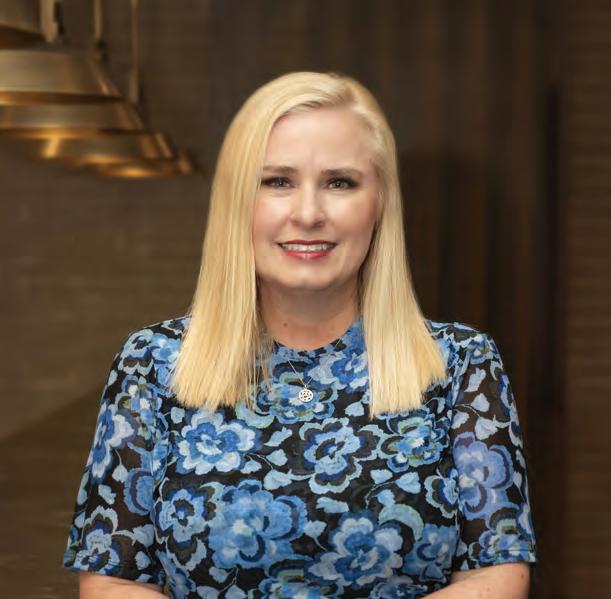



Alexander S. Greenstein, MD
Samuel K. Stephenson, MD
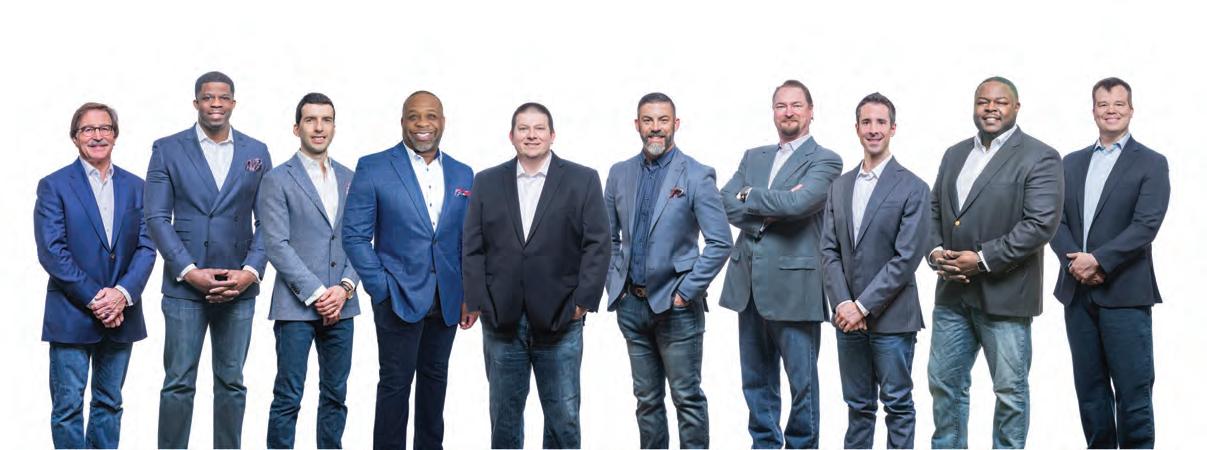
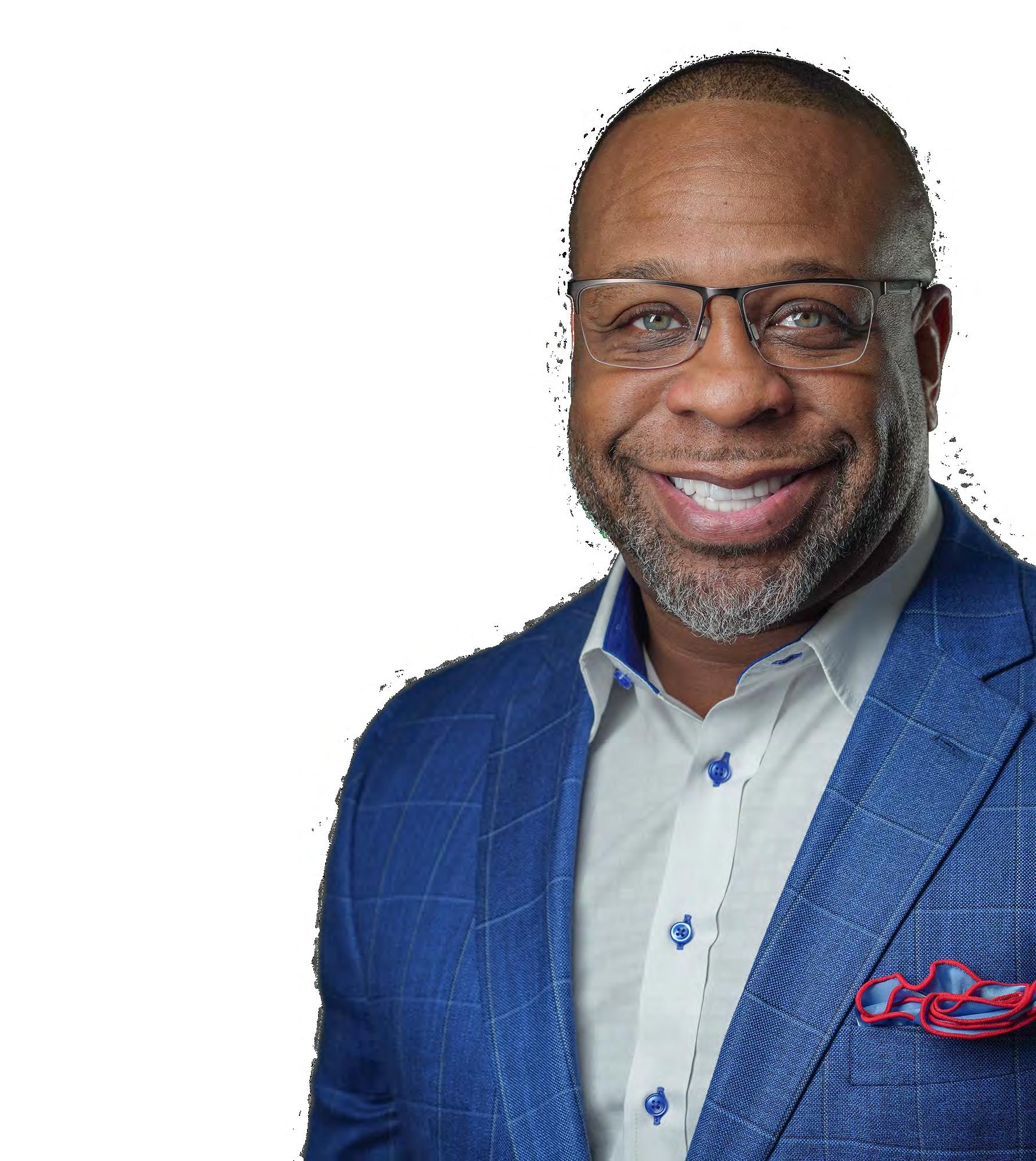

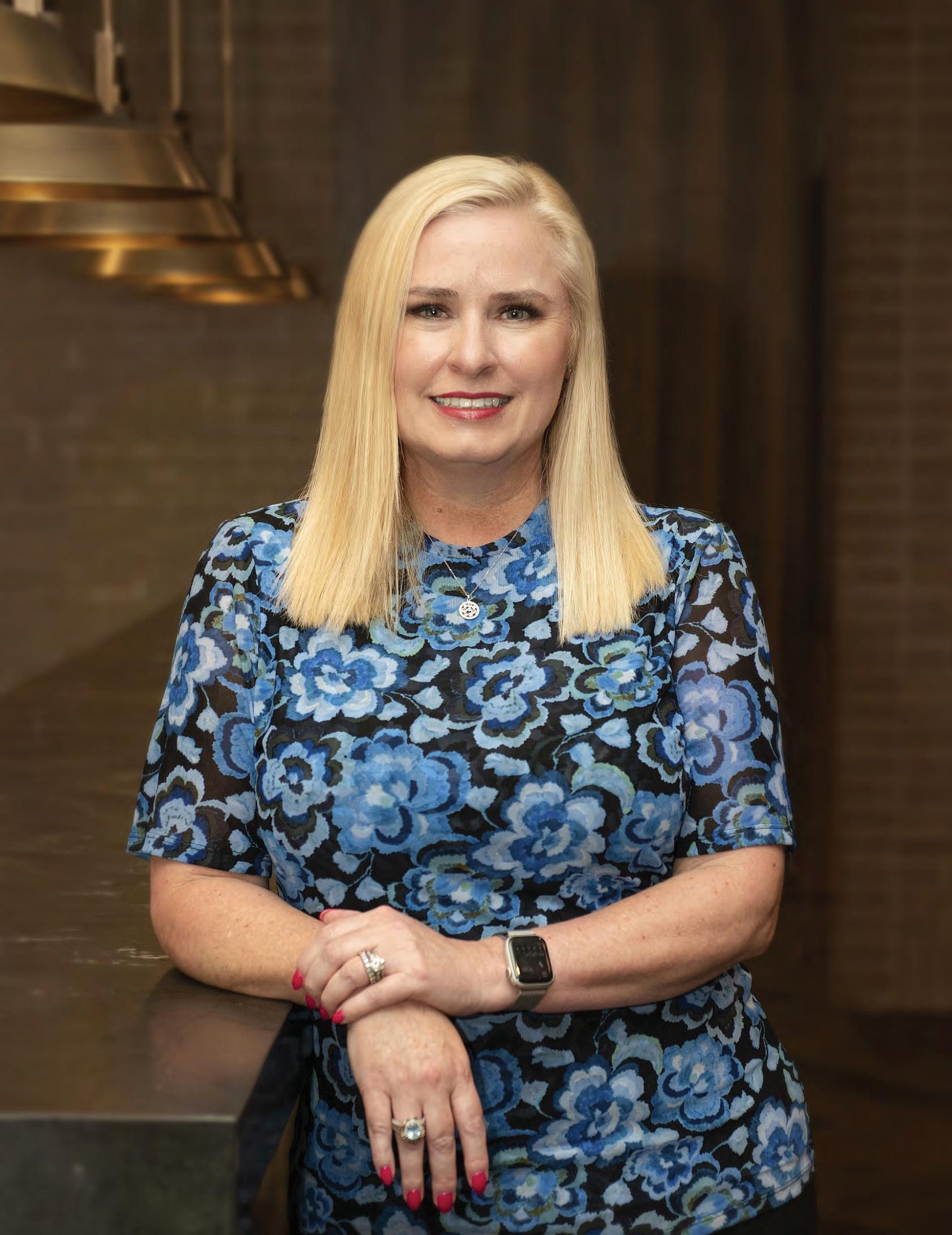

Growing up in Plano, Texas, Deandra Grant never pictured herself as managing partner of a major law fim. “I really wanted to be a vet but didn’t think I could handle seeing animals hurt,” says Grant. Fast forward 30+ years and she found a way to channel her love for animals into a VP role at Living the Doxie Dream Rescue & Sanctuary in Royse City. At home she has 5 rescue dogs—Ariel, Rocket, Groot, Drax, and Gamora. “I wear a lot of hats: running the law fim, raising money for the dog rescue, pulling dogs out of shelters, taking care of my family. My life is never boring.”
Grant graduated from Plano Senior High School in 1986. She attended Trinity University in San Antonio where she obtained a business degree. She came back to Dallas to attend law school at SMU. “My fist class in law school was Criminal Law. I was hooked. Made the highest grade in the class. I knew what I wanted to do,” says Grant. She started an internship at the Dallas District Attorney’s Offi, which turned into a job as an Assistant District Attorney. Grant leftthe DA’s Officat the end of 1994. “I liked working as a prosecutor but once I switched to criminal defense there was no going back for me. I knew I’d found my calling.”
In 1994 Grant opened the Law Officeof Deandra M. Grant, a criminal defense fim handling cases throughout the DFW Metroplex. In the mid-2000s Grant started focusing more on the defense of intoxication-related crimes. That involved traveling the country taking courses in breath and blood alcohol analysis and fild sobriety tests. The more success she had in defending DWI cases, the more other attorneys wanted to learn from her. “I was asked to present on breath alcohol testing at a legal seminar in 2007 and that opened up a whole new world for me. Suddenly I was being asked to speak all over the country on DWI law, science and trial skills,” says Grant. By 2019 she was presenting at an average of 13 legal seminars per year.
The year 2011 brought a new challenge. Grant was invited to help re-write “ The Texas DWI Manual,” which had been out of print for several years after the death of the original author. She and attorney Kimberly GriffiTucker spent three years completely re-writing the book for James Publishing. The fist edition was released in 2013 and it is updated annually. It is considered the go-to guide for lawyers defending DWI cases in Texas. “ The book was the biggest challenge of my career. It is really hard to write a book. You never think it’s ready. Updating it each year is defintely a labor of love.”
After years of studying, writing and lecturing in the fild of intoxication, Grant decided to make it offial and go back to school. She was accepted into both the University of Florida’s College of Pharmacy and the College of Veterinary Medicine and in 2016 she graduated with a Masters in Pharmaceutical Science with a concentration in forensic science and a Graduate Certifiate in Forensic Toxicology. She also completed the American Chemical Society’s Forensic Lawyer-Scientist program at Axion Labs in Chicago. After earning the designation, she joined the faculty at Axion as an assistant chromatography instructor and teaches five weeks each year. She added “forensic consultant” to her resume and is now retained by other attorneys to assist in their cases where intoxication is an issue. Her tag line is “The Lawyer Lawyers Call.” Grant has been married to Eric Clendenin for over 20 years and is proud mom to Keegan and Rowan.
The Law Officeof Deandra M. Grant took a leap in 2018 and became Deandra Grant Law. By 2023 the fim had grown from two officeand four staffmembers to a statewide fim with six officeand fourteen staffmembers. “ That fist year was a bit crazy. It was a lot of work to grow a law fim that quickly, but we made it work. We have built an amazing team.”
Deandra Grant Law is a fim that defends cases ranging from traffitickets to Capital Murder. Client communication and well-being are priorities she stresses to her team. “Being charged with a crime is a scary experience. We work hard to keep our clients informed along the way and to refer them to treatment providers if we see signs that help is needed.”
Being charged with a crime is a scary experience. We work hard to keep our clients informed along the way and to refer them to treatment providers if we see signs that help is needed.

The Deandra Grant Law team includes partner Douglas Huff, senior associate Johnny Lanzillo and associates Makenzie Zarate, Sorsha Huff, and Kevin Sheneberger. These attorneys staff he offices inallas, Fort Worth, Denton, Allen, Waco, and Austin.
Douglas Huffjoined the Law Officeof Deandra M. Grant in 2016 and is now a partner at Deandra Grant Law. An Army veteran, Huffreceived the Army Achievement Medal and the Army Commendation Medal during his service. He later moved to Austin and decided to go to law school. After a stint with the bar education company, Barbri, Huffran his own fim for a few years before joining the Dallas County Public Defender’s Officin 2013. Huffdefends offenses such as capital murder, sexual assault allegations, DWI’s and drug cases throughout Texas. He is married to Dallas County Criminal Court 10 Judge Monique Huff, father of associate Sorsha Huff, and proud “dad” to their canine Athena.
Johnny Lanzillo joined Deandra Grant Law in 2020. Formerly of Lanzillo Law, Johnny brings a wealth of trial experience to the fim. Johnny is a graduate of Texas A&M School of Law. He is senior associate and heads up the Waco offi. Johnny is married to Holly and dad to JJ—as well as canine pups Quill and Poptart and cat Max.
Makenzie Zarate joined Deandra Grant Law in 2020. A Texas native, she attended law school at Texas Tech University and then worked for several years at a criminal defense fim in Ellis County. Makenzie is Chief of the DWI Trial Division and is based in the Dallas offi. Her caseload includes felonies, misdemeanors and DWI cases in Dallas, Ellis, Rockwall, Kaufman and counties further east. She is the “mom” of Dachshunds Sammy, Louie, and Stormy.
Sorsha Huffjoined Deandra Grant Law in 2020. She is a proud Baylor Law graduate and spent her fist years out of law school at a Dallas law fim before joining DGL. Sorsha is both a criminal trial attorney based in the Allen officand chief of the fim’s Immigration Department. She is married to Presh Huff(currently in law school) and “mom” to cats King Peanut the Brave and Nelly.
Kevin Sheneberger joined Deandra Grant Law in 2022. He spent many years running various businesses in the North Texas area before heading to law school at SMU. Kevin head’s up the fim’s officin Denton. He is married and “dad” to dogs Sebastian and Gemini and cat Little Kev.
Deandra Grant Law is very involved in dog rescue and supports Living the Doxie Dream Rescue and Sanctuary in Royse City where Deandra Grant serves as Vice President. The law fim’s website includes photos of “Furry Friends of the Firm” and information regarding the dog rescue. “We are an officfull of animal lovers,” says Grant.

I wear a lot of hats: running the law firm, raising money for the dog rescue, pulling dogs out of shelters, taking care of my family. My life is never boring.



Dr. Bilal Mahmood is a Cleveland Clinic trained orthopedic surgeon with fellowship training in adult hip and knee reconstruction and joint replacement. He specializes in anterior hip replacement, robotic joint replacement, hip resurfacing, total knee replacement, partial knee replacement, minimally invasive joint replacement, same-day joint replacement, complex hip and knee deformity, revision joint replacement, hip and knee arthritis, osteonecrosis, hip dysplasia, and femoroacetabular impingement (FAI).

Outside of work, Dr. Mahmood enjoys spending time with his wife and children. His hobbies include alpine skiing, baseball, hockey, biking, and travel.
He is involved with local outreach organizations for medically underserved populations. He is also involved in research and innovation to advance hip and knee joint replacement.
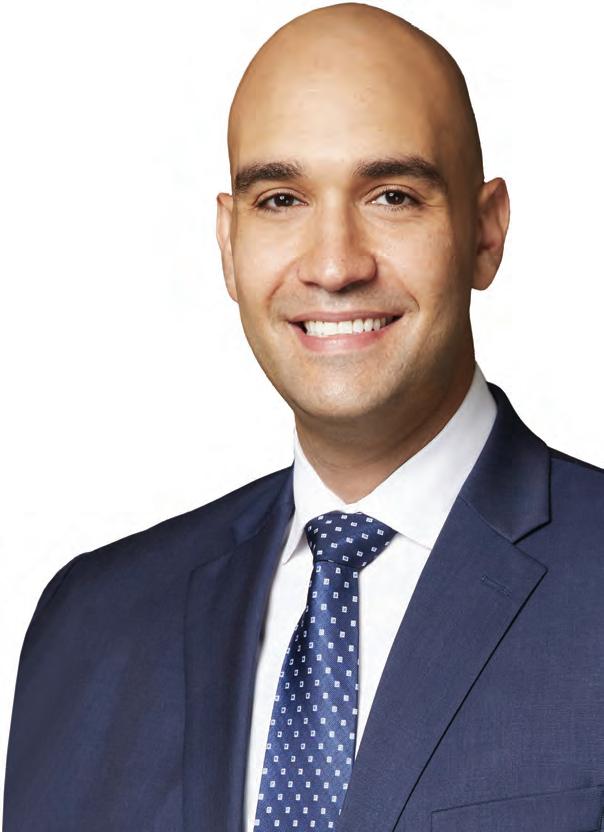
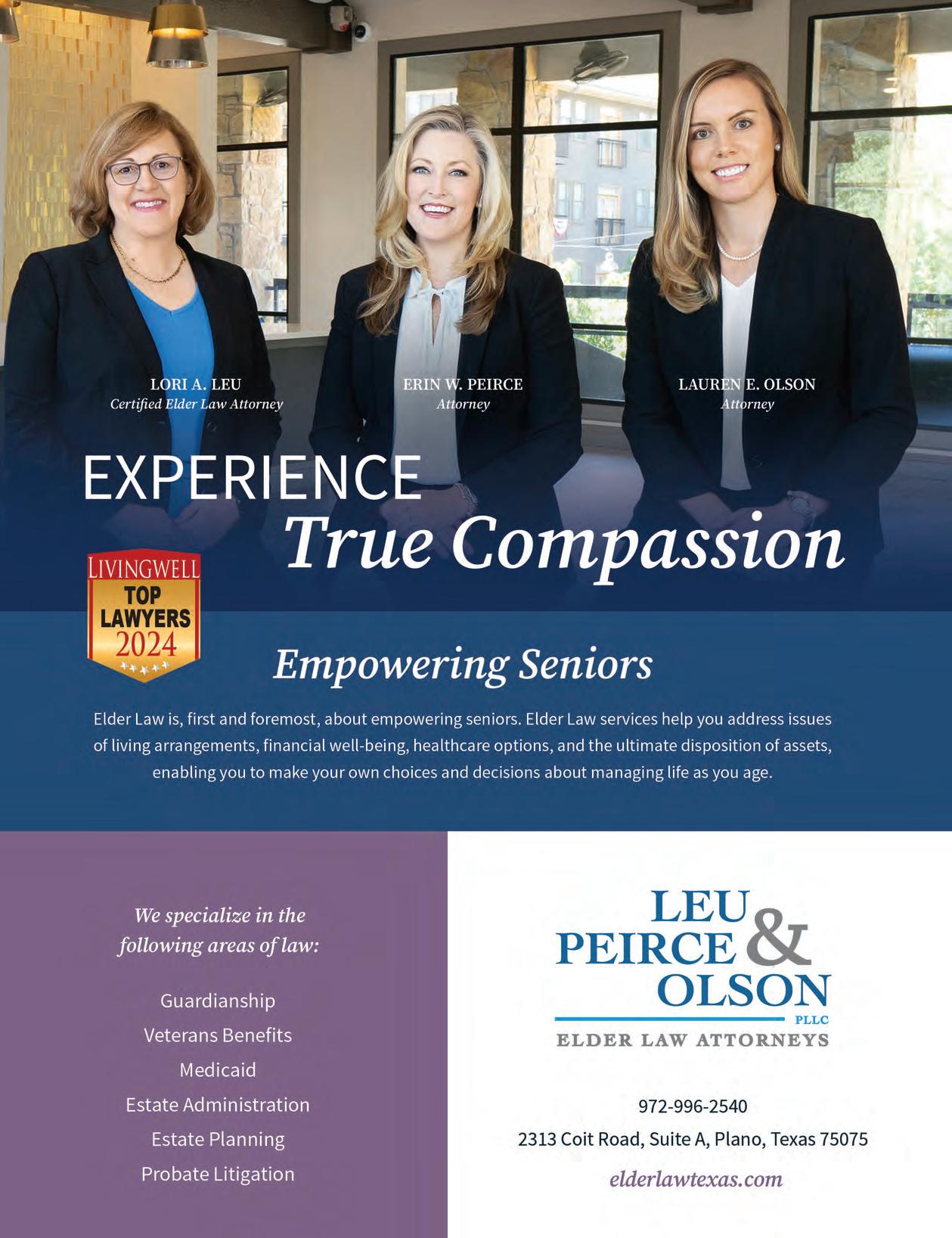

“Elder Law” is a relatively new area of focus within the legal community. Attorneys who practice Elder Law have committed themselves to helping seniors plan for the issues they will face as they age. In recent years, the demand for attorneys focused on this area of the law has only increased. With 10,000 people turning 65 every day and advancements in medical technology allowing people to live longer than ever before, access to long-term health care is becoming increasingly more complicated and expensive.
Attorneys who primarily work with seniors appreciate the complex fiancial, social, and health-related decisions their clients face. Elder Law attorneys bring to their practice a unique knowledge of their client base that allows them to provide a roadmap for the aging process, coupled with compassion for the inevitable difficulties along the journey. Moreover, Elder Law attorneys often have connections to a community of support agencies and organizations, such as geriatric care managers, psychologists, and other professionals who may be of assistance to seniors and their families.
ELDER LAW ENCOMPASSES MANY DIFFERENT FIELDS OF LAW, INCLUDING THE FOLLOWING:
Estate Planning. Everyone should plan for the future, regardless of their income or asset level. Books and websites with pre-printed forms are not always up to date, and documents available from these sources may not work in your state or meet your goals. Elder Law attorneys have special training and expertise in estate and disability planning and are sensitive to the special needs of seniors and their families. A comprehensive estate plan includes several documents that work together to ensure that your wishes are followed and that trusted individuals are in place to assist you if you are no longer able to act for yourself, including the following:
• A Will declares your intentions regarding the distribution of your property after you die
• A Durable Power of Attorney appoints an agent to act on your behalf regarding fiancial and legal matters.
• A Medical Power of Attorney appoints an agent to make health care decisions for you, if you are unable to do so yourself.
• A HIPAA Release and Authorization names individuals who may access your health information.
• A Directive to Physicians (Living Will) provides direction to your agent under the medical power of attorney regarding your desires concerning life-sustaining treatment.
• A Declaration of Guardian names individuals you trust to be appointed your guardian, if necessary, as well as individuals who should never be appointed.
Public Benefits (Medicaid/VA). Available healthcare choices depend on your specificsituation and needs. Elder Law attorneys can help ensure the proper level of care and explore payment options and eligibility for public benefits.
Guardianship. If you become unable to make important decisions for yourself, or are subject to exploitation by unscrupulous people, it may be necessary for a court to appoint a guardian. Elder Law attorneys can help you determine if a guardianship over your loved ones is necessary or whether other alternatives are available.
Probate/Estate Administration. After the death of a loved one, the legalities involved in distributing the estate can seem overwhelming. If title to assets needs to be transferred, a probate proceeding will usually be required. The type of proceeding depends on whether a valid Will exists, the details of its terms, the existence of debts, and the value of the estate. Elder Law attorneys can help you understand and evaluate your options.
Elder Law attorneys specialize in assisting seniors and their families address the complicated legal issues related to fiancial and medical care Because of their concentration in this area, attorneys whose sole focus is Elder Law are more likely to have the legal tools and techniques necessary to meet the objectives of an older client. The Elder Law attorneys at Leu, Peirce & Olson, PLLC believe that education is one of the greatest benefits we can provide our clients and their families. Arming our clients with knowledge about options available to meet their care needs allows them to move through the aging process with confidece. If you or someone you love needs to visit with an Elder Law attorney, referrals can be found through local agencies and support programs, such as the Alzheimer’s Association, State or local Bar organizations, or the website for the National Academy of Elder Law Attorneys (www. naela.org). Lori Leu, Erin Peirce, Lauren Olson, and James Sifford are Elder Law attorneys with Leu, Peirce & Olson in Plano, Texas. They can be reached at 972-996-2540.

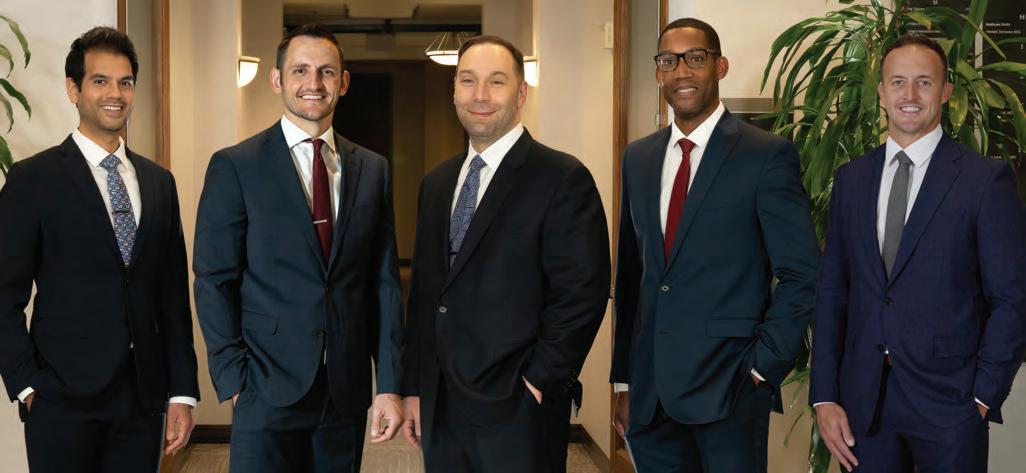


Trips, stumbles, and minor tumbles may not seem like a big deal when you’re younger. But, for seniors, any fall has the potential to result in severe injury or a health crisis. According to the Centers for Disease Control, a senior over the age of 65 falls every second of every day. One in five falls ends in serious injury. So understanding the risk factors that lead to both fatal and nonfatal falls and taking precautions are vital to avoid the potentially debilitating consequences seniors can face.

A variety of factors increase an individual’s likelihood of falling. Usually, it’s a combination of multiple factors that lead to a fall. So being aware of your personal risk factors can help you to minimize dangers.
Factors typically associated with aging.
As you age, there’s a natural degeneration in various bodily functions. This may include:
• A decrease in strength
• Difficulty with balance
• Slowed reaction times and reflexes
• Worsened vision
• Impaired hearing
• Cognitive impairments
Any of these individual issues can cause difficulty walking, going up and down stairs, sitting, standing, or lying down. These problems can also lead to increased fatigue and less awareness of external factors that could potentially contribute to a fall. All of these make falling more likely.
Medical Factors
Aging may lead to higher susceptibility to certain medical conditions that increase your risk of falling. Some examples of health issues associated with fall risk are dementia, osteoporosis, vertigo, depression, COPD, diabetes, arthritis, and disabilities, particularly in the feet or lower limbs. Surgical procedures for medical conditions or injuries can also affect an individual’s mobility, strength, and function. Medications taken for medical conditions can increase the risk of falling because of the side effects that compromise balance. Taking four or more drugs is also associated with falling.
Just one fall can have a signifiant negative impact on a senior’s quality of life. Consider these facts:
• Most fatal injuries occur from falling.
• Ninety-five percent of all hip fractures happen during a fall.
• Falling is the leading cause of traumatic brain injury.
• A fear of falling again is common.
• Seniors who’ve fallen may start avoiding activities that could lead to another fall.
• Injuries from a fall may contribute to an inability to function independently and require care or moving to a nursing home.
• The consequences of falling may increase the risk of depression.
• Medical costs after a fall can be expensive.
Falls are more common in environments with slippery floors, poor lighting, uneven surfaces, stairs, small rugs, and clutter. Many falls occur in the bathroom. Getting in or out of the shower or bath can be particularly hazardous to seniors. Interestingly, however, household and environmental factors aren’t as significant an indicator as health factors.
• The potential for serious or fatal injury from a fall is especially concerning if a person lives alone.
• Senior women are more likely to fall and have serious hip injuries.
• Being less active means more muscle atrophy and an increased likelihood of falling.
• Being overly active can lead to more opportunities to fall and potentially pushing your physical limits.
• A history of previous falls means you have a higher risk of falling again.
• Make sure your prevention strategies address your individual risk factors. List out your personal risk factors, look at which ones can be changed, and create a plan to decrease those risks.
• Stay active at an appropriate level for your health and ability. Try lower intensity workouts like yoga, tai chi, walking, swimming, water aerobics, and weight training, especially for leg muscles.
• Work with a physical therapist to prevent falls or to heal from injury, especially if you have health risk factors. A physical therapist can help you improve balance and build strength while taking into account your individual needs.
• Get regular physical exams to check for any risk factors or problems that could lead to falls. Be honest about any concerns you have and discuss any side effects of your medication.
• Wear well-fitting, comfortable, wide, and flat shoes for a stable base.
• If needed, be sure you actually use devices like canes or walkers for assistance.
• Assess your environment and take steps to make it safer. Consider features like grab bars in the bathroom, secure handrails on stairs, a more accessible tub or shower, and plenty of light. Also, avoid using throw rugs. They can bunch up or catch on your shoes. Remove clutter to keep floors and spaces clear.
• Have a plan in place in case you fall and know what to do and how to get help. If you’re at risk, get a wearable emergency fall device so you can call for medical assistance. New technology is available for automatic fall risk detection. There are also manual devices to push in case of an emergency.
For seniors, falling can be a signifiant concern in trying to stay safe and healthy. But falling isn’t an inevitable part of growing older. By taking these steps to lessen your risk of falling and being prepared in the event of a fall will go a long way toward living a healthy, fulfilling life throughout your retirement.
Adult In-Home Care Agency
Spectrum Health Solutions
Visiting Nurse Association of Texas
Alzheimer’s Care/Memory Care
Hidden Springs of McKinney
Prestonwood Court
The Iris Memory Care
Audiologist
Teresa Harris
North Dallas Ear, Nose and Throat
Cassandra Wilson
Hearing Services of McKinney
Bariatric Surgeon
John Alexander
Alexander Center for Obesity Surgery
Brian Long
Nicholson Clinic
Nick Nicholson
Nicholson Clinic
Thomas Roshek
Nicholson Clinic
Cardiac Surgeon
Brian Lima
Advanced Cardiothoracic Surgeons
Baxter Montgomery
Montgomery Heart and Wellness
Cardiologist
Irfan Hameed
Excel Cardiac Care
Tim Isaac
Premier Cardiovascular Care
Marc Shalek
Legacy Heart
Chiropractor
Cyrus Laali
Epic Chiropractic
Nicole Jackson
Grounded Wellness
Eric Peay
Corehealth Wellness
Cosmetic and Facial Plastic Surgeons
Jeff Angobaldo
Renaissance Plastic Surgery and Med Spa
Richard Ha
Dallas Plastic Surgery Institute
Gregory Roberts
Robert’s Cosmetic surgery
Dentist
David Bohannan
Bohannan Dentistry
Daniel Kou
Core Dentistry
Jason Roe
ProDental Dallas
Jenny Tai
Murphy Dental & Implant Center
Dermatologist
Carla Gustovich
Magnolia Dermatology
Rachel Quinby-Graves
Magnolia Dermatology
James Ralston
Dermatology Center of McKinney
Jerald Sklar
Dallas Associated Dermatologists
Daniel Smith
Dallas Diagnostics
Hospital for Surgeries
Baylor Heart Plano
Eminent Medical Center
Medical City McKinney
Medical City Plano
Presbyterian Hospital Plano
Endodontist
Hank Garrett
Hank Garrett, DDS
ENT – Ears, Nose, & Throat Specialist
Kenny Carter
Collin County Ear, Nose and Throat
Morris Gottlieb
North Dallas Earn Nose and Throat
Timothy Ragsdale
Texas ENT Specialists
Andrew Senchak
Texas Ear and Vestibular Institute
Family Physician
Guy Culpepper
Bent Tree Family Physicians
William Dodge
Questcare Medical Clinic
Martin Mcelya
Neighborhood Medical Center
Todd Wien
Village Health Partners
Lauren Woolbert
Village Health Partners
Gastroenterologist
Vijay Bapat
Baylor Scott & White
Steve Gadol
Methodist Health System
Rema Lamba
Texas Digestive Disease Consultants
Marley Lites
Digestive Health Associates of Texas
Sony Mathews
Texas Digestive Disease Consultants
General Surgeon
Robert Hagood
North Central Surgical Center
Brian Long
Nicholson Clinic
Sandra Moore
Texas Health Center for Diagnostics & Surgery
Nick Nicholson
Nicholson Clinic
Thomas Roshek
Nicholson Clinic
Hematologist/Oncologist –Cancer Care Specialist
Chad Amosson
Genesis Care
Alison Barron
Texas Oncology
Sharon Gregorcyk
Texas Oncology
Margarita Johnston
Texas Oncology
Mitchell Moskowitz
Texas Oncology
Gerardo Trillo
Texas Oncology
Internal Medicine Doctor
Bijas Benjamin Inspire Health
V. John Gonino
Gonino Center for Healing
Julie Kennedy
Baylor Scott and White
Susan McKinney
HealthCore Physicians Group
Gary Tigges
Plano Internal Medicine
Hospice Care Providers
Cantex–Hollymead
Cantex–San Remo
Visiting Nurse Association of Texas
Lasik Surgeon
Dain Brooks
Brooks Eye Care
Harvey Carter Carter Eye Center
Wallace Ryne
Clear View Lasik Center
Jeffrey Whitman
Key-Whitman Eye Center
Mohs Surgeon
Pooyan Rohani
McGuiness Dermatology
Neurologist
Ahmed Ata
Neurocare of TX
Charise Barta
Texas Neurology Consultants
Rajat Gupta
Headache and Pain Center
Jennifer Takesaka
Neurology Consultants of Dallas
Neurosurgeon
Fransico Batlle
WellSpine
Joseph Beshay
Dallas Brain, Spine, and Skull
Base Surgery
Akwasi Boah
Texas Back Institute
Caetano Coimbra
Dallas Brain, Spine, and Skull Base Surgery
Rob Dickerman
North Texas Brain and Spine Institute
Shashank Gandhi
Texas Back Institute
Thomas Kosztowski
Texas Back Institute
Jefferson Miley
Jefferson T. Miley, MD
Blake Staub
Texas Back Institute
Opthalmologist
Norman Slusher
Slusher Eye Center
Kim Warren
Key-Whitman Eye Center
Jeffrey Whitman
Key-Whitman Eye Center
Carey Brooks
Eye Source
Amanda Hoelscher
Key-Whitman Eye Center
Jeffrey Hollingsworth
Hollingsworth Family Eye
Clint Meyer
Dallas Eyeworks
James Bates
Texas Oral and Maxillo Facial
Surgery
Pedro Franco
DFWOMS
John Wallace
Dallas Oral Surgery
George Dula
Dula Orthodontics
Jeffrey Johnson
Woodhill Dental Specialties
Mark Ozier
Ozier Orthodontics
Ericka Sample
Ericka Sample Orthodontics
Rahul Banerjee
North Texas Orthopaedic & Spine
Leroy Butler
OINT
Andrew Chambers
Texas Bone & Joint
Stephen Courtney
Advanced Spine Centers
Florian Dibra
Texas Joint Institute
Richard Evanson
Plano Orthopedic & Sports
Medicine Center
Justin Kane
Orthopedic Institute of North Texas
Diane Litke
L&W Orthopaedic Associates
Bilal Mahmood
Baylor Scott & Whtite
Brian Nwannunu
Texas Joint Institute
Vikas Patel
Orthopedic Institute of North Texas
James Stanley
North Texas Orthopaedic & Spine
Charles Toulson
Texas Joint Institute
Brent Belvin
American Pain & Wellness
Don Enty
American Pain & Wellness
Gregory Powell
American Pain & Wellness
Steven Remer
American Pain & Wellness
Kamlesh Sisodya
American Pain & Wellness
Jonathan Pajouh
Neighborhood Medical Center
Amit Patel
ROOT Periodontal & Implant Center
Pediatric Dentist
Paul Rubin
Frisco Kids Dentistry
Aleco Tujios
Woodhill Dental Specialties
Pediatrician
Halley Hogan
Cook Childrens
Julio Len
McArthur Pediatrics
George Nail
Centennial Pediatrics
Christopher Straughn
Forest Lane Pediatrics
Jason Terk
Cook Childrens
Physical Medicine & Rehabilitation
Sheena Bhuva
Texas Back Institute
Craig Lankford
Texas Back Institute
Chun Lin
Texas Back Institute
Nayan Patel
Texas Back Institute
Michelle Pietrowski
Edge Physical Therapy
Hayden Taylor
Greater Physical Therapy
Laura Yeatts
Results Physiotherapy
Justin Kane
Orthopedic Institute of North Texas
Reza Mobarak
SouthWest Foot and Ankle Center
Jonathan Pajouh
Neighborhood Foot and Ankle
Binoy Sheth
Premiere Foot & Ankle
Mark Cartwright
Carewright Clinical Services
Stephen Vobach
Vobach and Brennan Medical Group
Pulmonologist
Steven Davidoff
Southwest Pulmonary Assoc.
Taylor Long
Southwest Pulmonary Assoc.
Anthony Nebor
FiveStar Pulmonary Associates
Margarita Fallena
Rheumatology Associates
Jyuin Fan
Dallas Rheumatology
Swathi Gonnalagadda
Texas Rheumatology
Megha Patel-Banker
Arthritis & Rheumatology Institute
Rajesh Arakal
Texas Back Institute
Francisco Batlle
WellSpine
Ted Belanger
Texas Back Institute
Sheena Bhuva
Texas Back Institute
Ray Bosita
Texas Back Institute
Scott Blumenthal
Texas Back Institute
Stephen Courtney
Advanced Spine Centers
Peter Derman
Texas Back Institute
Rob Dickerman
North Texas Brain and Spine
Michael Duffy
Texas Back Institute
Richard Guyer
Texas Back Institute
Kevin Ju
Texas Back Institute
Mark Kayanja
Texas Back Institute
Isador Lieberman
Texas Back Institute
A.J. Rush
Texas Back Institute
Alexander Satin
Texas Back Institute
Jessica Shellock
Texas Back Institute
Vudhi Slabisak
North Texas Orthopaedic and Spine
Jack Zigler
Texas Back Institute
Zeeshan Danawala
Dr. Zeeshan Danawala
Michael Gross
Urology Clinics of NT
Dev Batra
Dallas Vein Institute
Tony Das
Connected Cardiovascular Care
David Godat
Godat Plastic Surgery
Tram Hill
Hill Wound Care
Reza Mobarak
DFW Wound Care
Matthew Pompeo
Promise Wound Care Clinic
Kwame Ennin, MD, MBA, is a fellowship-trained board-certified orthopedic surgeon at Texas Joint Institute in McKinney and Plano, Texas who is an expert in hip and knee replacement procedures, adult reconstructive surgery, and nonoperative osteoarthritis care.
Dr. Ennin earned his undergraduate degree in biochemistry from the State University of New York in Stony Brook. He then went on to receive his medical education at the University of Cincinnati College of Medicine, before completing his general internship and orthopedic surgery residency at The University of Texas Southwestern Medical Center in Dallas. He is fellowship-trained in adult reconstructive surgery from William Beaumont Hospital in Michigan.
Dr. Ennin has a keen desire to educate. He is a presenter and educator to his colleagues regarding direct anterior total hip arthroplasty, total knee arthroplasty, revision total knee arthroplasty, partial knee replacement, and robotic surgery. He is committed to ensuring that the best understandings and techniques are available to all surgeons in the orthopedic community. Dr. Ennin is passionate about research. He has, throughout his career, been involved in and published numerous peer-reviewed studies.
Dr. Ennin has been a leader in the North Texas orthopedic community since 2015. He delivers personalized, patient-centered, evidence-based care for his patients. He is committed to taking care of his patient’s joints for their lifetime.
Dr. Ennin specializes in:
• Hip Replacement Surgery
• Knee Replacement Surgery
• Revision Hip and Knee Replacement Surgery
• Orthopedic Surgery
• Osteoarthritis

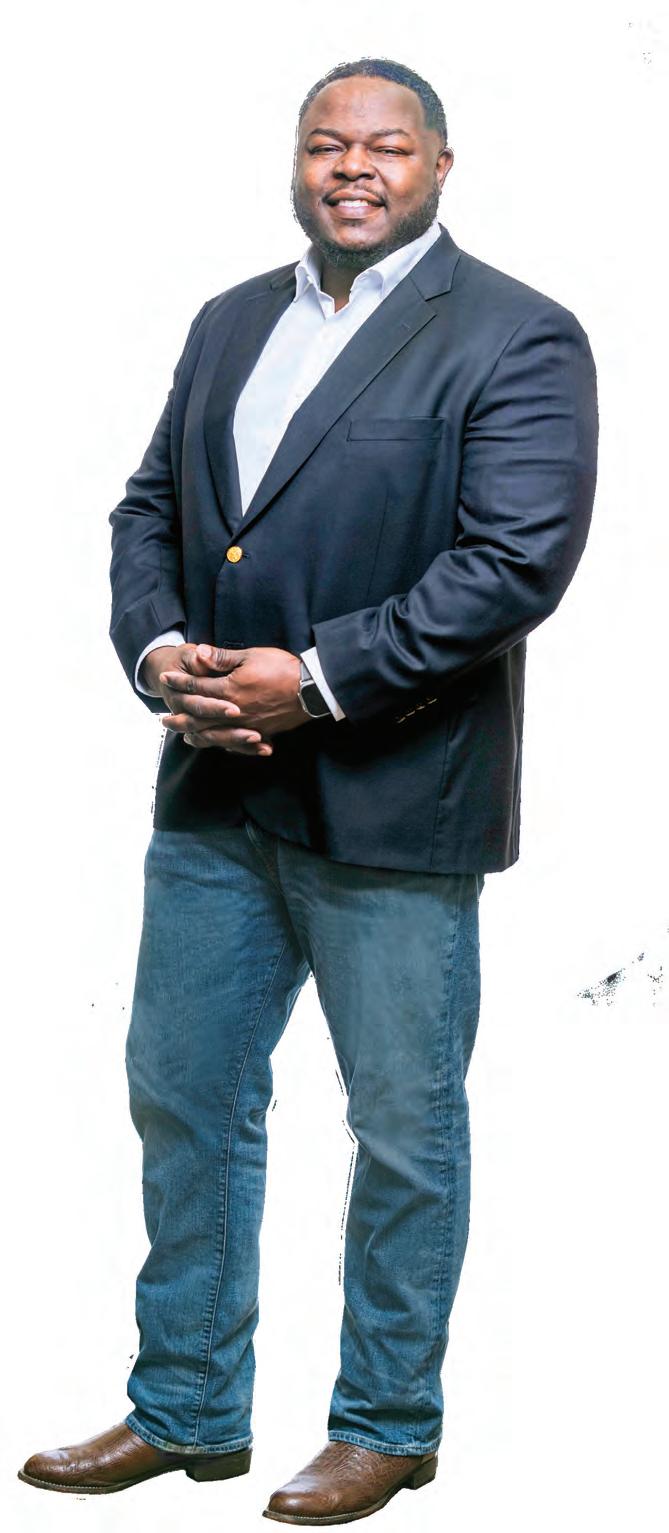
DFW Wound Care Center is a group of wound care specialists in all of the DFW area. They are fellow trained surgeons, and board certified in wound care and reconstructive surgery. All physicians have also completed an intense residency and fellowship in the area of limb salvage, and foot and ankle surgery. When it comes to wound care and limb salvage, DFW Wound Care Center has the knowledge and experience to successfully treat your condition. As a result, patients from all over the country seek to be treated by DFW Wound Care Center.
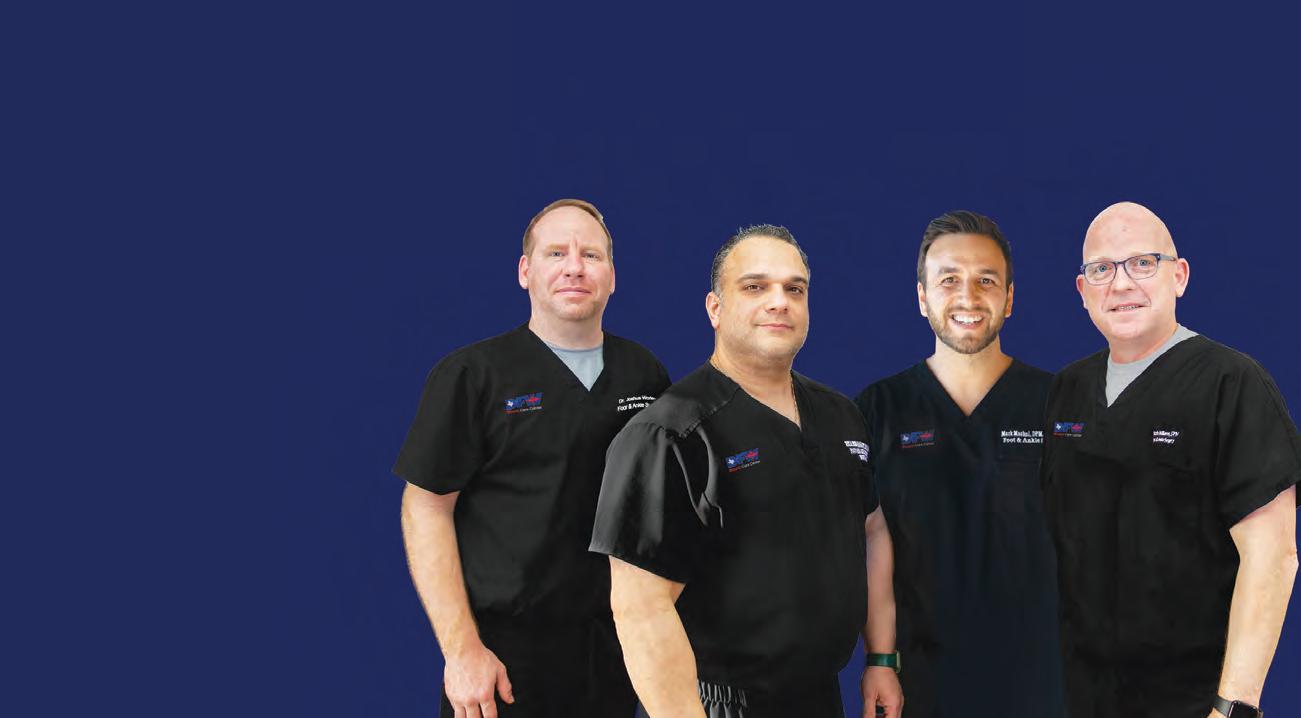
Whether caused by diabetes, infection or disease, any wound that will not heal can be very serious. If you are experiencing a wound or ulcer that will not properly heal, our wound care center can provide a range of expert treatment options best in each case. We offer non-surgical and surgical treatments for:
Diabetic Wounds & Ulcers
Arterial Ulcers
Infected Wounds
Open Wounds
Pressure Ulcers

Vascular Wounds
Acute Wounds
Non-Healing Wounds
Chronic Wounds
Surgical Wounds
Traumatic Wounds
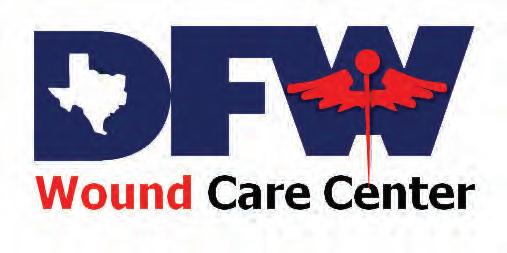
PLANO CLINIC 5804 Coit Road, Ste. 100 Plano, TX 75023
LEWISVILLE CLINIC 502 N. Valley Pkwy., #2 Lewisville, TX 75067
IRVING CLINIC
6161 N. State Hwy. 161, Ste. 320 Irving, TX 75038
DESOTO CLINIC 714 N. Hampton Rd. De Soto, TX 75115

In Hollywood, where stars are born and legends are made, actress Emily Blunt stands out as something of a rarity. Unlike many of her contemporaries, she navigates the demanding, churning waters of stardom with grace and authenticity.
Raised in southwest London, Blunt’s early life was marked by a struggle that shaped her future in ways she never imagined. As a child, she had a prominent studder, a challenge that could have silenced her. Instead, it became one of her greatest teachers, instilling in her a resilience and empathy that has come to defie her both as a person and an actress.
“My stutter really started to take hold around 6 or 7 and then kind of got progressively more challenging for me, and as I reached about 11 or 12, it was pretty ingrained,” she explained in a heart-to-heart with 11-year-old Sammy Blatstein, the son of former Marie Claire Editor-in-Chief Anne Fulenwider. Blatstein, who also studders, interviewed the actress about the condition for an article in Marie Claire
“School was interesting because there were certain things I couldn’t do and wanted to, like read out my poem in class. I would never want to do that. I would hate it if the teacher called on me to answer something,” explained Blunt to Blatstein.
“I was a smart kid, and had a lot to say, but I just couldn’t say it. It would just haunt me. I never thought I’d be able to sit and talk to someone like I’m talking to you right now,” Blunt told W magazine in 2008.
It was this very struggle that inadvertently opened the door to her acting career, transforming a perceived weakness into her greatest asset. Although her parents took her to speech and relaxing coaches, her stutter persisted. The turning point came when a teacher suggested she try acting in a school play, not in her own voice, but in an accent. Ths method helped her manage her stutter, revealing not only a hidden talent but also a passion for performing. Acting became a space where she could articulate freely and embrace a range of emotions and characters without the constraints of her stutter.
While she had no fim intention of pursuing acting as a career path, destiny had its script written for Blunt. At the age of 18, following an audition that would pivot her life’s direction, she found herself sharing the stage with the legendary Judi Dench in a 2001 West End production of The Royal Family
“I was completely wowed and starstruck by the whole thing,” Blunt said during an interview for Harper’s Bazaar. “I remember being in Judi’s dressing-room every night and thinking, my God, Pierce Brosnan is here—this is crazy!”
Her immersion into the world of theatre was both enchanting and surreal, a sentiment she echoed in a candid reflction to Vanity Fair, “I was drinking champagne and pretending I knew what anyone was talking about.”
Ths early exposure to the realms of professional acting and the intoxicating allure of the stage set the foundation for Blunt’s burgeoning career. Transitioning from theatre to film, she soon found herself in front of the camera, embarking on a path that would introduce her to a global audience. Her early roles in films like My Summer of Love (2004) showcased her ability to convey complex emotions and create compelling, multifaceted characters, earning her critical acclaim and signaling her as a talent to watch.
“
” I was a smart kid, and had a lot to say, but I just couldn’t say it. It would just haunt me. I never thought I’d be able to sit and talk to someone like I’m talking to you right now.
It was, however, her role as Emily Charlton in The Devil Wears Prada (2006) that catapulted Blunt into Hollywood stardom. Opposite Meryl Streep and Anne Hathaway, Blunt delivered a performance that was both hilariously sharp and poignantly vulnerable. Ths role not only solidifid her status as a versatile actress capable of navigating the intricacies of both drama and comedy but also demonstrated her scene-stealing presence on screen.
From there, Blunt’s career trajectory soared, leading her to a series of roles that would further cement her place in Hollywood. In Edge of Tomorrow (2014), she showcased her physicality and strength alongside Tom Cruise, while her portrayal of the titular character in Mary Poppins Returns (2018) brought a beloved classic back to life with grace, warmth, and a modern twist.
One of her most recent projects, Oppenheimer, directed by the acclaimed Christopher Nolan, presents Blunt in yet another challenging role that highlights her versatility and dedication to her craft.In this historical drama, she delves into the complex world of Kitty Oppenheimer, the wife of J. Robert Oppenheimer, the theoretical physicist known as the “father of the atomic bomb.” Blunt’s portrayal explored the emotional and psychological nuances of a woman caught in the tumultuous times of World War II, shedding light on the personal struggles behind historical figues.
“She wasn’t an easy woman—she defintely didn’t conform to the 1950s housewife ideal, and yet she found herself confied to an ironing board in New Mexico’s Los Alamos, which must have driven her mad,” Blunt revealed to Harper’s Bazaar. “Even now, I see women in their 70s whose whole identity has been caught up in motherhood, and then once that’s done, there’s this sense of, well, who am I and how do I reclaim myself?”
Off-creen, Blunt challenges the conventional expectations of her roles. Seamlessly blending motherhood with her duties as a wife, she navigates her personal life with the same grace and complexity she brings to her characters. Married to actor and director John Krasinski, their relationship is often celebrated as one of Hollywood’s most endearing love stories. The couple, who share two daughters, Hazel and Violet, appear to navigate the complexities of Hollywood well.
Blunt has openly shared the swiftand undeniable connection she felt with Krasinski, saying she knew “disarmingly soon” that he was the one. “We were discussing how much I was enjoying being single. And then [my friend] goes, ‘Oh, my God, there’s my friend John.’ And that was it,” she recounted to People. “We were engaged within 10 months, but I think we probably knew before that.”
Ths bond between Blunt and Krasinski is evident in their professional lives as well, most notably through their collaboration in the critically acclaimed horror film A Quiet Place and its sequel, where their incredible chemistry and teamwork was on full display.
As a mother and wife, Blunt places value on family time, adhering to a strict personal rule to never be away from her daughters for more than two weeks. “Because even though they’re hardy, and they’re used to this strange life, it’s still rough on them when I have to go away,” she admitted to Harper’s Bazaar, highlighting the emotional toll her career can sometimes take on her family.
Blunt is aware of her privileged position to be able to prioritize her family in a profession that is not always accommodating to women’s personal lives. She candidly shares her apprehensions about the acting world, especially for young women. “My toes curl when people tell me, ‘My daughter wants to be an actress.’ I want to say, don’t do it!” she’s said in interviews.
Despite her reservations about the challenges of acting, especially for women, Blunt herself has navigated these waters with remarkable success and she shows no signs of slowing down. She’s starring alongside Ryan Gosling in The Fall Guy. Additionally, Blunt is reprising her role in Jungle Cruise 2 with Dwayne “ The Rock” Johnson, a sequel eagerly anticipated by fans of their infectious on-screen chemistry. The duo is also slated to headline Netfli’s Ball and Chain, playing a superhero couple.
She also fids time to be an advocate for the American Institute for Stuttering (AIS), a cause close to her heart given her own experiences with stuttering. Her work with AIS reflcts her desire to use her platform for positive impact, helping to destigmatize stuttering and support others who face similar challenges. Though public speaking, fundraising, and raising awareness, Blunt has contributed signifiantly to the organization’s mission, demonstrating that her contributions to society extend beyond fame and family.







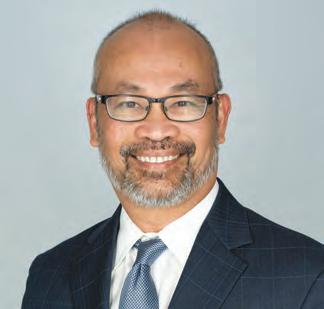
VUDHI SLABISAK, MD OrthopaedicSpineSurgeon


BRUCE MARKMAN, MD OrthopaedicSurgeon&Sports MedicineSpecialist

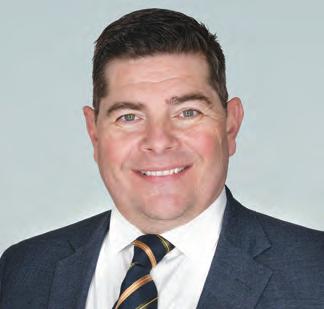
JAMES STANLEY, MD OrthopaedicSpineSurgeon


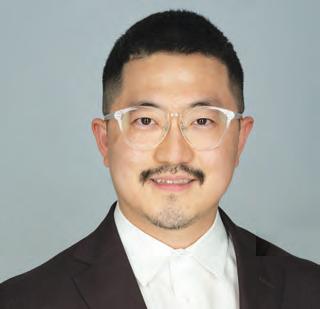
STEVE HONG, MD Interventional Pain ManagementSpecialist




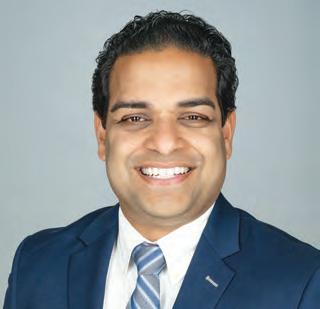

RAHUL BANERJEE, MD OrthopaedicSurgeon
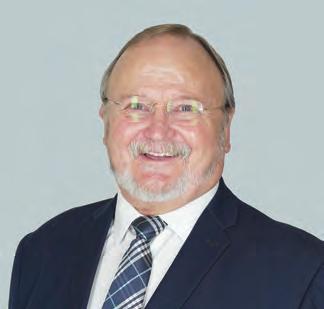
GEOFFREY G. GLIDDEN, MD OrthopaedicSurgeon



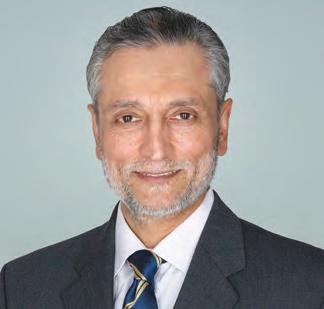
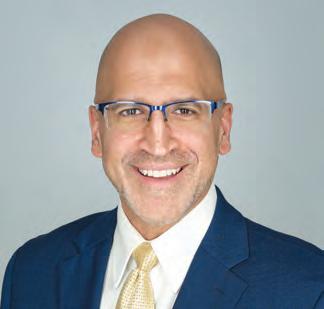




AMIR MALIK, MD Neurosurgeon



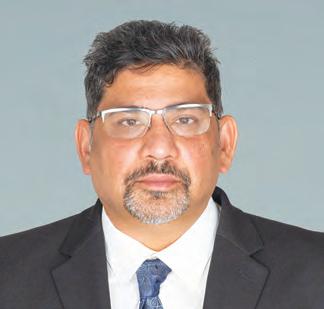

KHAWAJA IKRAM, DO OrthopaedicSurgeon

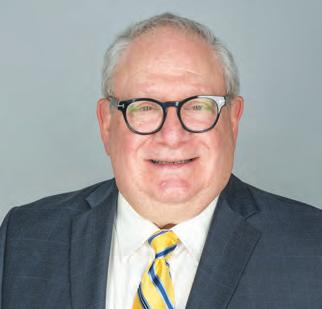
CHARLES MARDER, DPM Podiatrist,Foot&AnkleSurgeon
AMIR AHMED, MD Gastroenterologist

BRIANA HODGSON, PA-C OrthopaedicSurgery PhysicianAssistant
If you’re suffering from pain or an athletic injury, schedule an appointment with your preferred NTOS location for effective, compassionate treatment.

Identity theftin this digital age has become an increasingly prevalent and sophisticated crime, leaving countless individuals dealing with the aftermath of stolen personal information. If you fid yourself a victim of identity theft,it’s critical to take immediate and decisive action to minimize the damage and reclaim control over your identity.
Stay calm and act swiftly. Discovering your identity has been stolen can be an overwhelming experience. However, it’s crucial to stay
By JARED TREMBLAYcalm and act swiftly to mitigate potential damages. The faster you respond, the better chance you have of minimizing the impact of identity theft n your fiancial well-being and personal life.
Confirm the theft. How can you tell if you’ve been a victim of identity theft?It’s important to confim that your identity has indeed been stolen by checking your bank and credit card accounts online to see if you notice any unauthorized transactions or unfamiliar accounts.
These could be your red flags indicating identity theft.If you’re receiving emails stating someone has been trying to access your accounts, this could also be a sign. Change those passwords immediately.
Contact your bank and credit card companies. Safeguard who has access to your accounts. For example, change your personal pin numbers (PINs), place stop payments on any missing checks, change your online banking passwords, and if appropriate, open a new checking account. Make sure the bank or card issuer is aware of every account and/or card that is affected, including ATM cards, check/debit cards, and credit cards. Customer service telephone numbers can generally be found on the back of your cards, on the statements, or on their website.
Notifying all your existing account holders immediately to inform them of your victimization may help reduce further fraudulent activities.
Contact the credit bureaus. Contact one of the major credit bureaus—Equifax, Experian, or TransUnion—and request to place a fraud alert on your credit reports. Ths alert signals to creditors that they should take extra precautions to verify your identity before extending credit. By placing an initial fraud alert, you are entitled to a free credit report from each bureau, which you should thoroughly review for any suspicious activities. Once you request this from one of the bureaus, they’ll forward your request to the other two bureaus. A fraud alert may slow down your approval process should you seek new credit, but it helps protect you from fraud. A fraud alert notifies potential credit grantors to verify your identifiation before extending credit in your name.
non-emergency number for your local police department and explain what has happened. They can tell you what information you need to provide. While law enforcement agencies may not always be able to immediately resolve the issue, having an offial record of the incident is crucial for your case. The police report will be helpful when clarifying to creditors that you are a victim of identity theft
Contact the Federal Trade Commission (FTC). File a complaint with the Federal Trade Commission (FTC) through their website IdentityTheft.ov or by calling their Identity TheftHotline at 1-877-ID-THEFT (1-877-438-4338). The FTC provides valuable resources and tools to help you navigate the aftermath of identity theft such as easy-to-print checklists and sample letters that you may need. Also, your complaint contributes to a nationwide database that assists law enforcement agencies in their investigations. To report fraud, scams, or bad business practices, visit ReportFraud.ftc.gov.
Misused Social Security number. If your Social Security card was lost or stolen, you can apply online at ssa.gov for a new one. You’ll still want to report a stolen Social Security number to the FTC. You can review your work history by creating an account a socialsecurity.gov/ myaccount and should you fid any errors, you can contact your local SSA officeo get that cleared up.
Driver’s License and Passport. Don’t forget about these! If they were lost or stolen, you’ll want to reach out to your local DMV branch or State Department and get these replaced immediately, especially if you’re planning on traveling with your passport in the next few weeks.
Close fraudulent accounts. If you discover an account has been fraudulently opened under your name, it is in your best interest to contact those businesses and let them know you were a victim of fraud. Contacting them directly may help you resolve any fraudulent information in your credit report more efficitly.
Check your credit report. By law, you can get a free copy of your credit report each year from the three credit reporting agencies— Equifax, Experian, and TransUnion. Contact one and request a copy of your credit report. In most cases, fraudulent activity can be detected by reviewing the accounts, inquiries, and addresses that appear on a credit report. Review your report carefully for the following items:
• Accounts: If you do not recognize an account and the account is newly opened, that may indicate that a criminal has obtained a line of credit using your identity.
• Inquiries: Review all the inquiries on your credit report in the section titled “Requests viewed by others.” Ths section contains inquiries from creditors that have accessed your credit report to process an application. If you do not recognize the credit grantor accessing your report, that may indicate fraudulent activity.
• Addresses: Review the addresses appearing on your credit report. If you discover an address that you do not recognize, it may indicate that the address was used on a fraudulent application for credit.
Contact law enforcement. As soon as you confim identity theft, report the incident to your local law enforcement agency. Call their
Change your passwords. It may be prudent to change all your online passwords. It can be a painstaking task but often times we don’t know how the thief or thieves got our information. Start with changing your passwords to your email and social media accounts.
Check for stolen mail. Make sure no one has requested an unauthorized address change, title change, PIN change, or ordered new cards or checks to be sent to another address. If a thief has stolen your mail to get credit cards, bank statements, prescreened credit offers, or tax information, or if an identity thief has falsifid change-of-address forms, that’s a crime. Contact your local post officend police.
Document everything. Keep a detailed record of all communications, transactions, and actions taken in response to the identity theft. Ths documentation can serve as crucial evidence in case of legal proceedings or disputes with creditors. Maintain a file that includes copies of police reports, correspondence with fiancial institutions, and any other relevant information.
Vigilance is key. Becoming a victim of identity theftcan be a harrowing experience, but taking swiftand decisive action can help mitigate the damages and restore your sense of control Ongoing monitoring and proactive measures will play a crucial role in preventing further incidents and securing your identity in the long run.

Southwest Foot & Ankle Center is a respected group of board certified foot and ankle surgeons. They are fellow trained surgeons, and board certified in wound care and reconstructive surgery. All physicians have also completed an intense residency and fellowship in the area of limb salvage, and foot and ankle surgery. The team at Southwest Foot & Ankle Center strive to make each patient’s experience personable. Our outcomes are of perfection and meticulous in surgery. As a result, patients from all over the country seek to be treated by DFW Wound Care Center.
Invasive Surgery
Heel Pain (Plantar Fasciitis) Stem Cell Therapy
Neuropathy Ingrown Toenails Tarsal Tunnel Syndrome Diabetic Foot Care Flat Feet Trauma Wound Care
Custom Orthotics & Braces
Laser Therapy for Pain, Swelling, Arthritis, and Wounds
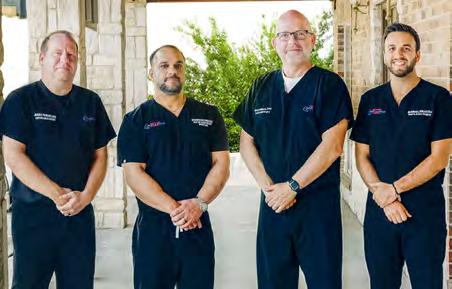

Texas Hip and Knee Center Fellowship Co-Director and Faculty at the Anne Burnett Marion School of Medicine at Texas Christian University
Dr. David Shau is a native Texan, born in Fort Worth, TX. He graduated high school in Flower Mound, TX, and attended the University of Texas at Austin, where he studied biomedical engineering. Dr. Shau then ventured out-of-state to work at leading academic orthopedic surgery centers, including Vanderbilt University, Emory University, and University of California, San Francisco, before being recruited to return home to practice at the premier DFW joint replacement group, the Texas Hip and Knee Center (THK).
Dr. Shau has quickly built his practice through connecting with his community, committing to quality service, and delivering excellent patient care. He utilizes a variety of techniques and approaches for hip and knee care, including direct anterior hip replacements, and offers technology-assisted surgeries, such as Mako Technology for partial and total joint replacements. He also specializes in revision joint surgeries and enjoys complex, challenging cases. As a result of dedicating himself to his craft, his partners at THK promoted him to Fellowship Co-Director early in his practice. Dr. Shau also serves as a Physician Development Coach and is an Assistant Professor at the Burnett School of Medicine at TCU, where he enjoys his roles as a teacher, mentor, and coach.
In his free time, he enjoys food, sports, music, and spending time with his wife and daughter. For more information on Dr. Shau’s care philosophy and the techniques/approaches offered for hip and knee care, please visit DavidShauMD.com.
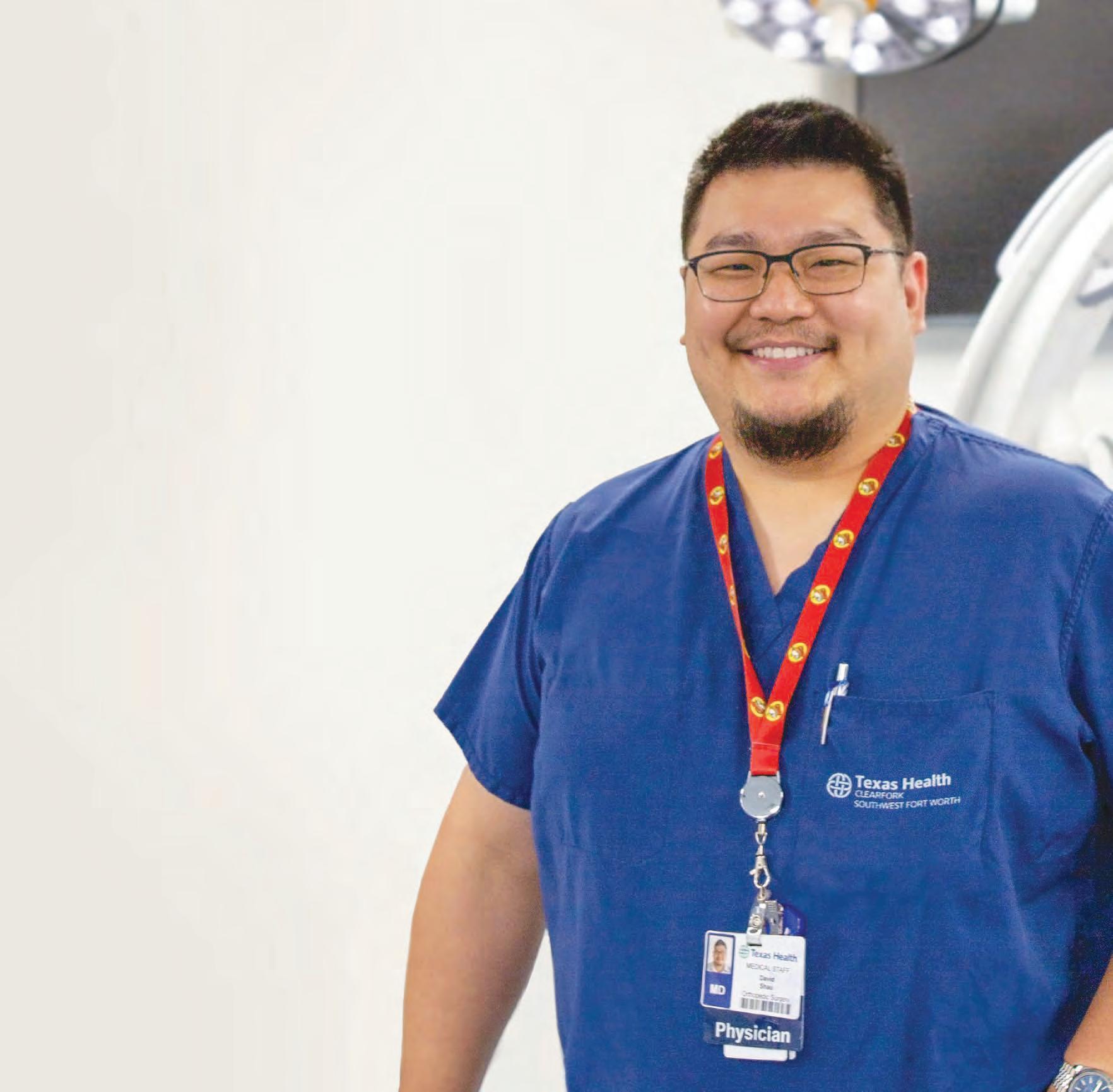


Dr. Shau has three office locations: 10900 Founders Way, Ste. 201, Fort Worth, TX 76244 6301 Harris Parkway, Ste. 300, Fort Worth, TX 76132

Radiant Imaging is a locally owned and operated diagnostic imaging center that offers their patients full-body scans with optimum patient comfort. Our team aims to make the diagnostic process as comfortable and safe as possible because we recognize the tension and anxiety that are frequently associated with it.
Radiant Imaging’s cutting-edge technology provides our patients the most reliable results possible. Our imaging center offers:
• Arthrograms
• Bone Density Scans (DEXA)
• Computed Tomography (CT) Scans
• PET/CT Combined Imaging
• Digital X-Rays
• Magnetic Resonance Imaging (MRI)
• Myelograms
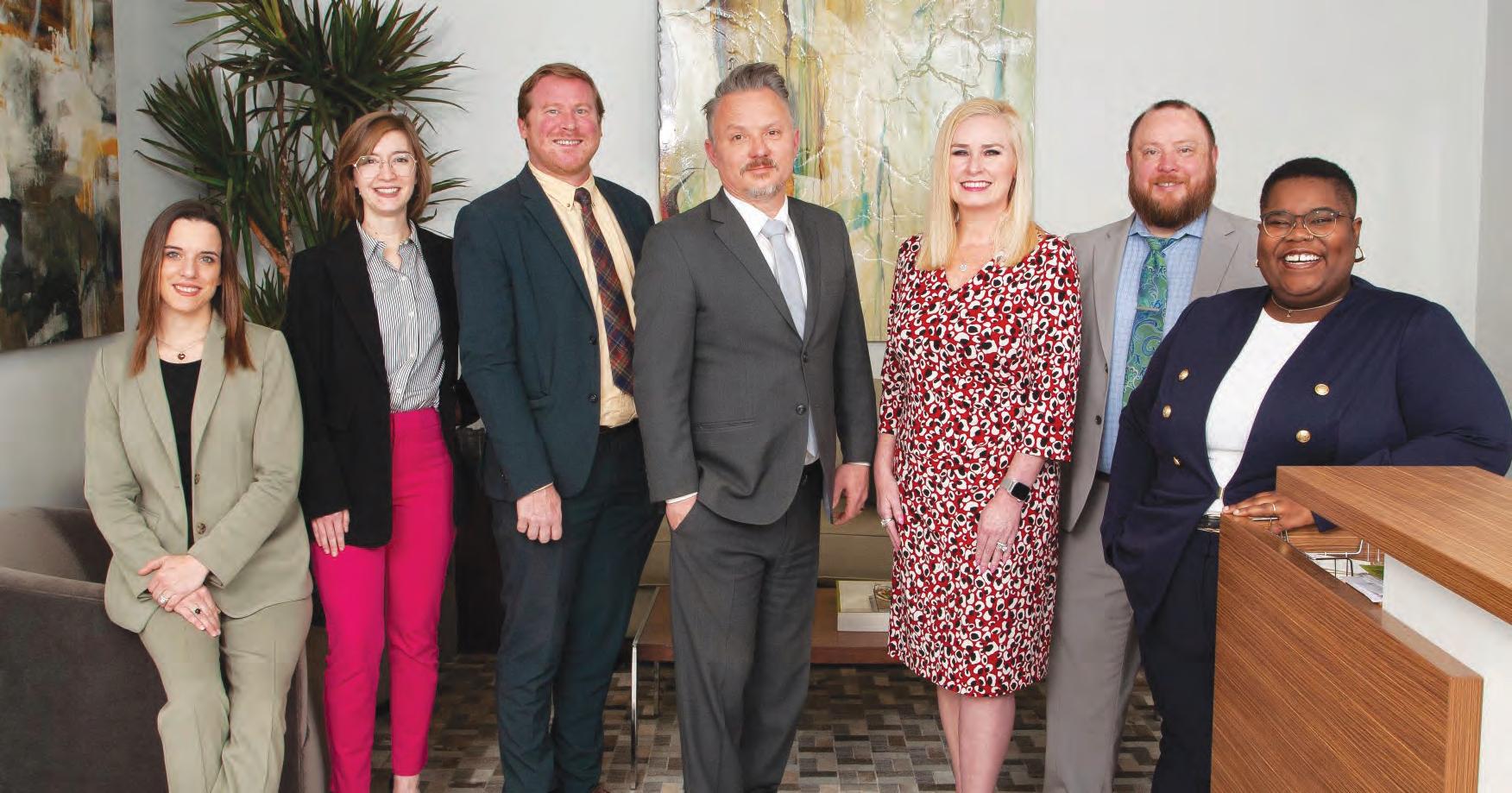
Have you been arrested? Whether you have been charged with DWI in Texas or another criminal offense, we advise you to secure the immediate representation of our experienced DWI lawyers. Your charges can have life-altering consequences. It is of the utmost importance that following an arrest, you hire our Dallas criminal defense lawyer. We will stop at nothing in order to protect your rights, freedom, and future. At Hamilton Grant PC, you will receive the individualized support and tenacious advocacy that you require in order to combat your criminal charges.
Because we care deeply about helping as many people as we can, our Texas DWI & criminal attorneys also represent clients in Collin County and throughout northern Texas.
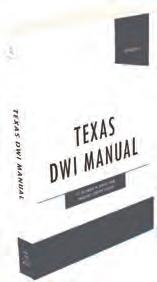
Hamilton Grant’s North, East and South Texas offices are led by Attorney Deandra Grant*, JD, GC, MS, one of the most awarded and respected DWI authorities in the country. She is co-author of The Texas DWI Manual, certified in the science and testing of DWI enforcement, and respected by her peers as being a leader in her field.
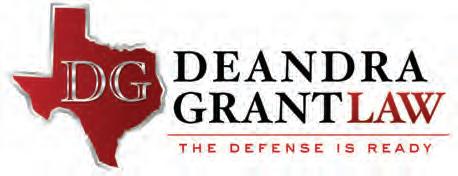
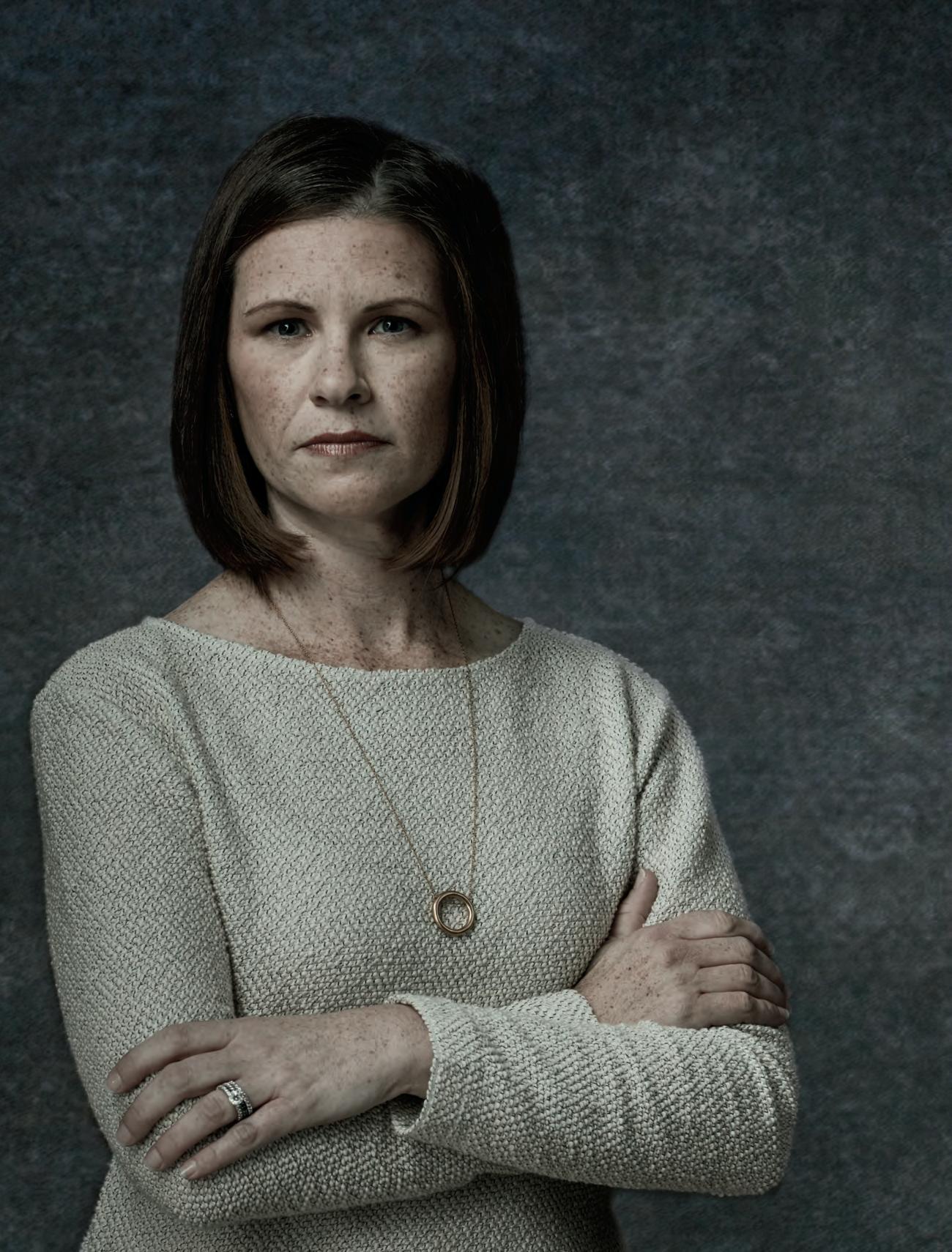

Over the course of a lifetime, one in three women will face a cancer diagnosis. “For men, the odds stand at one in two. The good news is that between 30 and 50% of cancers may be preventable,” according to the World Health Organization. By taking small but meaningful actions toward a healthier lifestyle, you can create a positive habit that could decrease your cancer risk. Texas Oncology suggests five ways to get started.
Screening exams are the most effective way to detect cancer in its earliest stages – often before it has spread and when treatment is the most effective. Call your physician to schedule your annual screenings and reach out to friends and loved ones to ensure they do the same.
Whether you prefer biking, gardening, walking, or yoga, it’s important to get active. The U.S. Department of Health and Human Services recommends healthy adults participate in a minimum of 150 minutes of moderate exercise or 75 minutes of vigorous exercise each week. Incorporating regular physical activity into your daily routine can reduce your risk for several major cancers, as well as improve quality of life for those already fihting cancer.
Managing your weight and eating a well-balanced diet full of nutrient-rich foods is critical to both preventing and fihting cancer. To bolster your body’s defenses against cancer and other illnesses, limit your intake of sugars, saturated fats, trans fats, and alcohol. Instead, opt for healthy foods like nutrient-packed produce, dark, leafy greens, and a variety of seasonal fruits and cruciferous vegetables.
Skin cancer is the most common form of cancer, but many cases are preventable. The sun constantly produces ultraviolet (UV) rays that can penetrate clouds and affect your skin, even on overcast days or during cold weather. Limit exposure to UV rays by avoiding indoor tanning, applying sunscreen year-round, and wearing protective clothing that covers your skin.
Smoking-related deaths represent 80% of lung cancer mortalities, and half of lifetime smokers will die from some tobacco-related disease, according to the American Cancer Society. Research shows that smoking cessation is paramount to lung health, and smokers who quit are more likely to live healthier and longer lives, while greatly decreasing their lung cancer risk. If you smoke and don’t know how to quit, call the Quitline at (877) 937-7848 for help and support.
Adopting a healthy lifestyle doesn’t mean changing everything overnight. By starting with small, intentional changes in your daily routine, you can create lasting healthy habits. For more information about the steps you can take to reduce your cancer risk, visit www.TexasOncology.com.


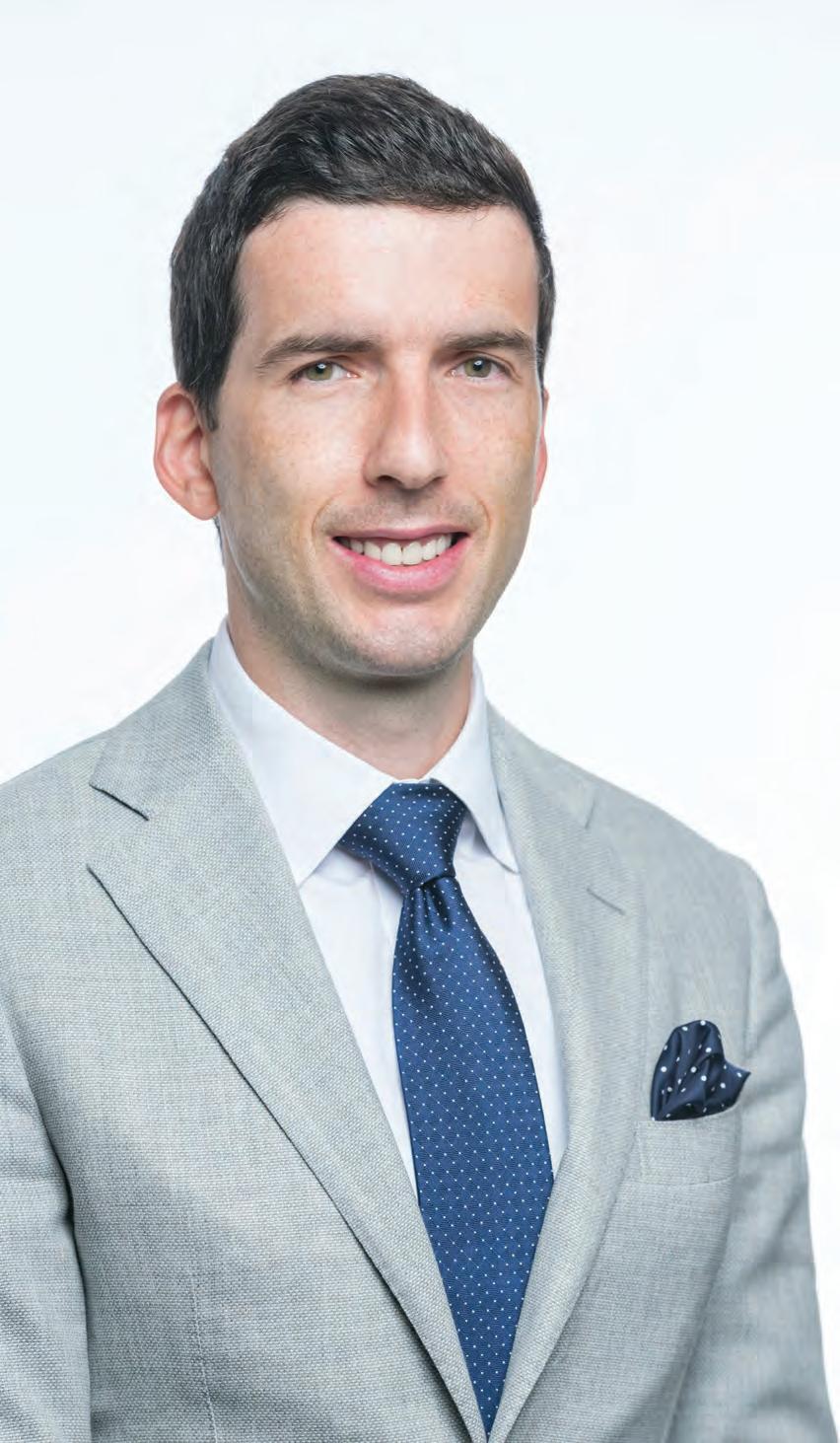
Florian Dibra, MD is an Orthopaedic Surgeon who provides extensive knowledge in hip and knee orthopedics. He treats operative and non-operative hip and knee arthritis. He specializes in minimally invasive muscle-sparing total hip and knee replacement, anterior hip replacement, partial knee replacement, robotic joint replacement, and complex revision hip and knee replacement.
Dr. Dibra graduated with honors from Villanova University in Pennsylvania. Soon after, he received his medical degree, with cum laude honors from the esteemed Jefferson Medical College in Philadelphia, Pennsylvania. He completed his orthopedic surgery training at the University of Florida. He continued at the University of Florida Health Hospital to complete his fellowship in Adult Arthroplasty with an emphasis in hip and knee reconstruction. During Dr. Dibra’s surgical training, he accomplished several publications, book chapters, and poster presentations.
Dr. Dibra’s family consists of his wife and two children. In addition to English, he is fluent in Albanian, Italian, and proficient in Spanish.




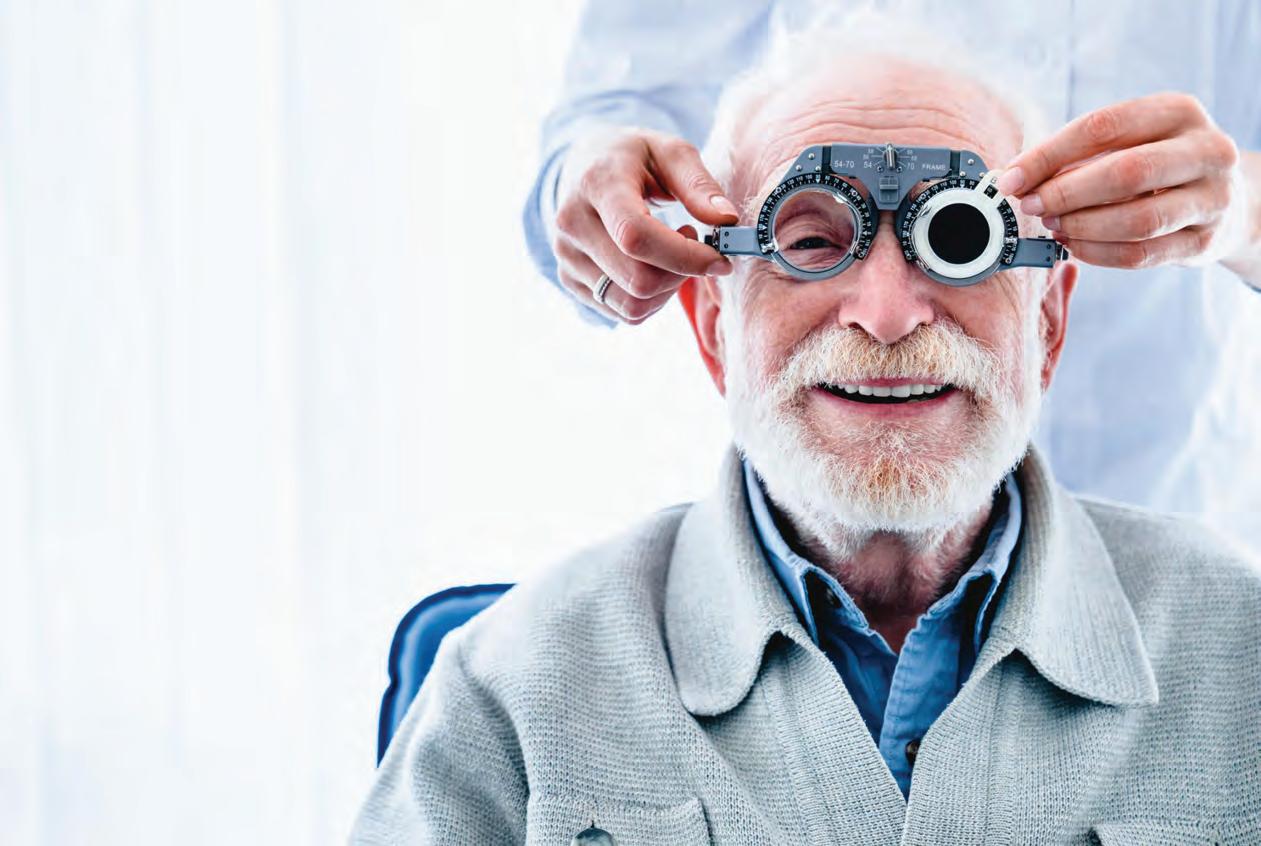
If cataract surgery has been recommended for your eyes, you are not alone. Truth is, we will all develop cataracts, reducing our quality of vision, as we age. Gratefully, cataract surgery procedures have become more advanced and is safe, painless and effective.
If you are thinking about having cataract surgery, you most likely have a lot of questions regarding when you should have it done, what you can expect, and how to prepare for surgery. Read on to see some helpful tips from Dr. Whitman at Key-Whitman.
The complaint we hear most from cataract patients is difficulties with their night vision. They begin to experience a lot of glare, halos and starburst symptoms, especially when driving. We also hear complaints of a haze or fog obstructing their vision and they’ll notice their vision gets blurrier over time.
Before your procedure, our patients undergo a preoperative exam to gather measurements to determine the level of correction needed and review the types of intraocular lens options available. We will also schedule a visit to listen to your heart and lungs as well as review prior anesthesia and surgeries, medical history and medications to ensure they’re physically healthy enough to have cataract surgery.
Key-Whitman also has counselors who will walk our patients through the process, review insurance coverage and make sure the
lens option the patient selects best meets their goals. If there is an eye drop protocol associate with their surgery, the counselor will also go through the drop sequence involved—antibiotics and non-steroidal anti-inflammatories—well in advance of the procedure.
Be sure to have a friend or family member to accompany you to surgery, as you won’t be allowed to drive yourself home due to the twilight sedation.
How Do I Know It’s Time To Have Cataract Surgery?
When your cataracts have worsened to the point where they prevent you from performing day-to-day tasks and interfere with your quality of life, it is time to consider cataract surgery.
Cataracts worsen gradually, and we start to make a lot of accommodations for our vision as we get older. Essentially, we assume how well we see is normal. But if it gets to the point where you’re afraid to drive at night, can’t see well enough to safely take your medication or do household chores, and feel a loss of independence due to failing vision, cataract surgery can allow you to enjoy life again.
In the past, cataract surgery was quite invasive, there were fewer lens options, and healing took much longer. Ths isn’t the case today. The biggest misconceptions people have is that the procedure is painful and complicated. That couldn’t be farther from the truth today.

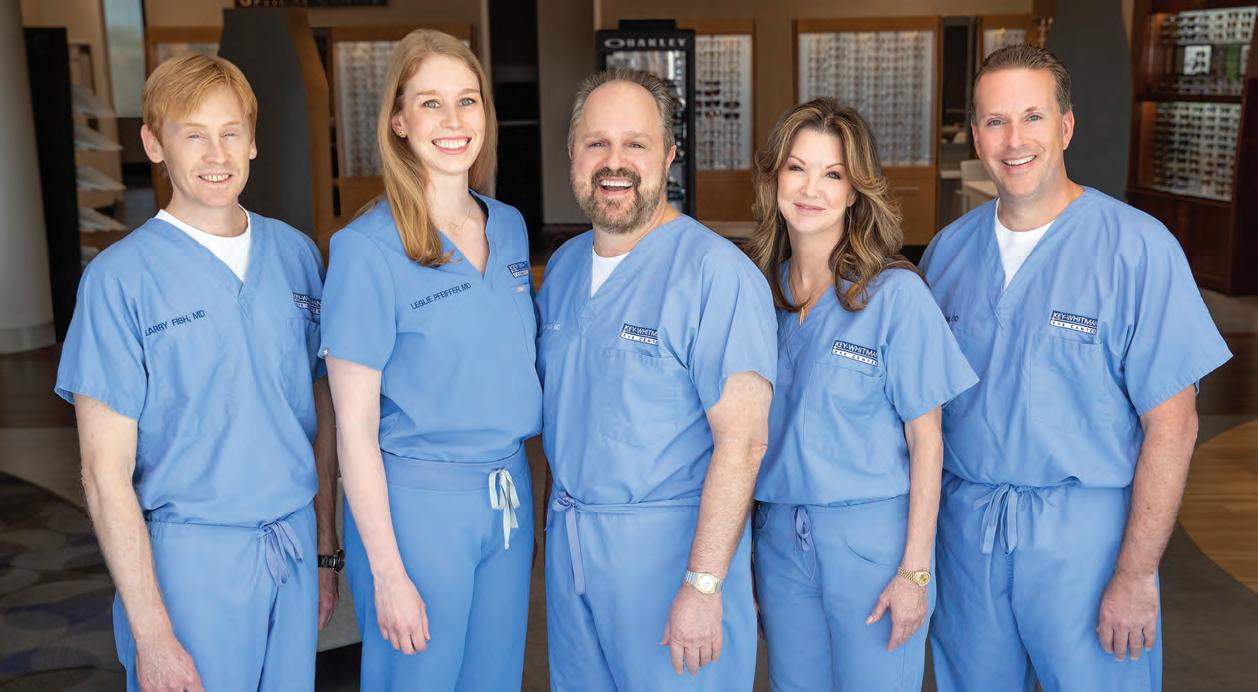
Following your surgery, your surgeon will review the procedure with you and answer any questions you may have at that time. Typically, patients leave with a protective eye patch, which will be removed at their follow-up visit the next day. Subsequent follow-up examinations will be scheduled approximately every two weeks until the eye is healed.
Healing post-surgery is also easier for most cataract patients today. “Key-Whitman uses the most advanced technology available, so healing occurs more quickly and with fewer complications. Even better, once the eyes have healed and adjusted, most patients are surprised by the improvement in their vision. They can see clearly again and notice how colors are much more vibrant than before with cataracts. Depending on the type of intraocular lenses patients choose, many become less dependent on glasses,” Dr. Whitman says.
You should also be aware that the surgeon won’t operate on both eyes during the same visit. Surgeries are typically scheduled one to two weeks apart. Ths allows plenty of time for the fist eye to heal and the patient to realize the full extent of correction in that eye.



Dear Olivia,
We are considering starting our mother on hospice services sometime soon, as her physician thinks that it might be time to keep her at home and prevent any further hospitalizations. She has been frail for some time now and he feels she may need this extra care and support. How do we know when the time is right? Is there any support available that our family can receive if we need to go out of town to see our grown children while she is on hospice service?
~Difficult
Dear Difficult Decisions,
It is often a difficult decision to begin hospice services for a loved one, even when we know that may be the best way to provide the appropriate level of care. Skilled hospice care provides comprehensive, holistic care to both the patient and family when someone is facing a terminal illness or condition.
Starting hospice at the right time is important to ensure that the care team has a chance to get to




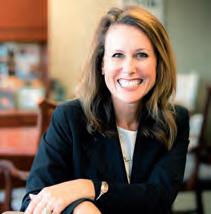

know the patient and family and establish the best plan of care possible. The “right time” to transition someone to hospice is different for every family, but two important considerations are whether further aggressive treatment is desired, and if the patient would want to return to the hospital. If the answer to both questions is no, then this is often the right time to choose hospice care.
In terms of travel, one of the best benefits of hospice for families is a service called respite care. This is one of the levels of care we can provide. This allows a patient to stay in an inpatient setting, such as a nursing facility, for up to five consecutive days for caregiver relief. This means that the family can travel, see other loved ones, or even have a much-needed respite from caregiving, knowing that their loved one is safe and being checked on daily by hospice staff. Hospice really can help families take care of loved ones as they navigate the challenges of end-of-life care.
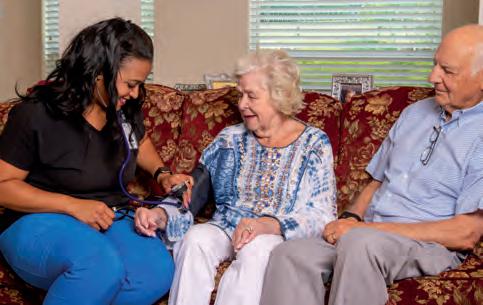
Focuses on quality of life for the patient and family at a time when comfort, compassion and clinical expertise matter most.
To schedule your free in-home informational visit please call (214) 689-0000 or email gethelp@vnatexas.org For volunteer opportunities please call (214) 689-2271 or email volunteer@vnatexas.org

Discussing hospice care can be difficult. Often patients and their families are reluctant to discuss the option of hospice care with the physician when confronted with the diagnosis of a terminal illness, and sometimes, physicians and clinicians do not refer to hospice until the patient is near death and the benefits are lost to the patient and loved ones. Often opening the conversation with your provider on planning for end-of-life options can be so benefical, and these conversations should always include your right to choose the agency you prefer. Also, hospice is a service covered by Medicare, Medicaid, VA benefits and most private insurance companies.
What is hospice care? Hospice is a health service based on a philosophy that you may wish to prepare for death in a safe and supportive environment, usually your own home, but it can be anywhere a person calls home. Hospice provides comfort care and symptom management so that patients enjoy quality of life, rather than pursuing curative measures. Hospice is for those who do not wish to continue to return to the hospital and wish to remain at home.
Hospice services are provided by a team of healthcare professionals who follow a plan of care that is unique to the patient’s diagnosis, wishes, culture and specificneeds. The hospice team is typically comprised of a physician, registered nurse, social worker, home health aide, chaplain, and volunteer. The team works closely with the patient’s primary care physician to continuously re-evaluate services that may be needed. The team assists in all aspects of care for the patient and family. Following death, bereavement care is also available to family and loved ones.
The criteria for hospice is the same, regardless of the payer source— Medicare, Medicaid, or your insurance company: A physician must certify that a patient has a life-limiting illness. The prognosis for living is less than six months if the disease follows its normal progression, but that does not mean the patient can only be on hospice for six months. The physician will re-evaluate the prognosis at certain intervals with home visits to ensure the patient still qualifiesfor hospice. The focus of care is on symptom and comfort measures rather than curative care.
It is important to discuss all options with your practitioner, and they will send an order to the hospice of your choice. Regardless of the agency you choose, under Medicare and Medicaid benefits, patients are eligible to receive all medications related to their hospice diagnosis and including new medications as the disease progresses. Medicare beneficiaries who receive hospice care are also eligible for medical equipment and supplies needed to accommodate their needs such as a hospital bed, special mattress for skin care, wheelchair, bedside commode, oxygen therapy, wound care supplies, etc. During the course of care, there may be a need for additional services that are also covered by Medicare. When you and your family are faced with these difficult decisions, there are so many questions and concerns that need to be addressed. Take time to talk to your physician about hospice care, and the opportunity to spend fial days with the comfort of knowing that you are receiving quality care in your own home, with your loved ones. Understanding your right to choose the agency you want and receiving the full benefits provided to you by Medicare, Medicaid, or other private insurances, can help ensure peace of mind.
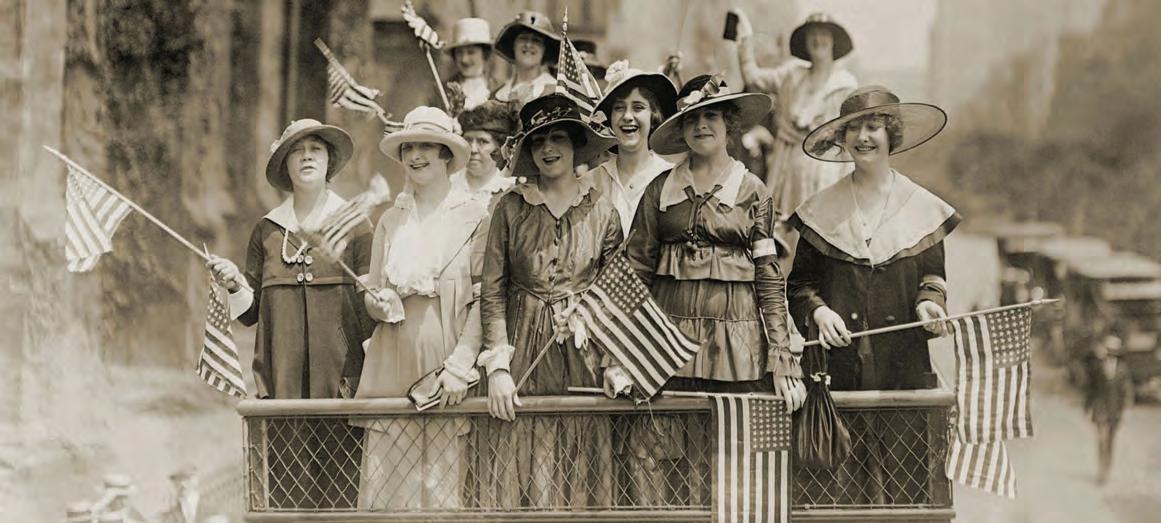
March is Women’s History Month, so let’s celebrate women’s liberation by remembering the accomplishments of some of history’s most dedicated and resilient women—and honor their memory by taking a stand against the erosion of women’s rights.
Until the emergence of women’s movements, American women were considered inferior to men. Though some inequalities persist still today, they pale in comparison to that of only a century ago. Women were denied the right to vote or obtain an education, unable to work in certain occupations, and couldn’t hold offi. Their rights in the home were severely limited, as well. They couldn’t write wills, sign contracts, obtain loans, and had minimal property rights. Fathers owned their daughters until marriage, at which point their husbands took possession. A multitude of historical events and accomplishments have taken place over the last 150 years. These landmarks have brought American women the freedom we possess today.
The women’s suffrage movement didn’t come into full swing until the mid-1800s. But years earlier, courageous women began carving a path toward independence. In 1792, Mary Wollstonecraft,in her book the Vindication of the Rights of Women, argued, “I do not wish them to have power over men; but over themselves.”
In the early nineteenth century, girls were encouraged to attend elementary school to reduce illiteracy. But those who desired to continue their education were often banned from it. Not until 1837 were women able to attend the same schools as men. In that year, Oberlin College became the fist coeducational institution in the United States by admitting four female students. Still, this was a rare exception for several decades to come, and women’s institutions remained few and far between.
The beginning of the women’s movement began in 1848. That’s when Lucretia Mott and Elizabeth Cady Stanton called a women’s rights convention to be held in Seneca Falls, New York. The purpose was to dis-

cuss “the social, civil, and religious rights of women.” At the convention, a “Declaration of Sentiments and Resolutions,” stating that “all men and women are created equal” and definig the goals of the women’s movement was signed. Over the years, disputes arose among the women’s movement dividing it in 1869 into the more conservative American Woman Suffrage Association (AWSA) and the more radical National Woman Suffrage Association (NWSA).
Susan B. Anthony, of the more radical group, registered and voted in Rochester, New York, in the 1872 presidential election. She was arrested several days later and taken to trial. During that same election, Sojourner Truth was denied the right to vote in Grand Rapids, Michigan, after she demanded a ballot.
Four years later, Elizabeth Cady Stanton, an ally of Anthony, wrote a Declaration and Protest of the Women of the United States and requested to present it at Philadelphia’s centennial celebration. Stanton’s request was denied. But Anthony and four other suffragists, unwilling to hold their silence, boldly rushed to the speaker’s platform and forcefully handed over the document.
Not long after, in 1878, a Woman Suffrage Amendment was introduced to the United States Congress granting women the right to vote. The Nineteenth Amendment, however, would take over 40 years to pass both houses. In 1920, a year following its passage, the Amendment was ratifid, marking a new era for women.
In 1923, the Equal Rights Amendment was proposed. Its purpose: to eliminate gender discrimination. In 1972, nearly 50 years following its proposal, Congress passed the Amendment. It still fell short of three states for ratifiation, and in 1982, was defeated. Its deadline for ratifiation had expired.
Still, the years between saw a signifiant change. In 1936, birth control was ruled legal for preventing pregnancy. The ability of women to
limit their family size began with the introduction of reliable condoms in 1859. It played a crucial role in women gaining equality as they were no longer forced into roles of lifelong child-rearing. In 1960, the FDA approved birth control pills.
Many accomplishments marked the 1960s and 1970s. In 1963, the Equal Pay Act was passed prohibiting discriminatory compensation in federal jobs. The Civil Rights Act, which passed the following year, banned discrimination based on gender and race.
In 1966, the National Organization for Women (NOW) was founded. Its purpose was to promote the Equal Rights Amendment, abortion rights, and childcare for working mothers.
Massive marches marked the next couple of decades with NOW leading the way to women’s reform. One of those marches, in 1973, was to voice outrage over violence against women. Twenty-four years later, the Violence Against Women Act was passed to protect battered women.
Today, feminists are still striving for total equality in areas such as healthcare and equal pay. At the same time, they continue to fiht measures that undermine women’s reproductive rights and protections from domestic violence.
Many women today and throughout history have taken risks to bring us independence. The following are just a few who championed women’s rights.
Susan B. Anthony (1820-1906), co-founder of the National Woman Suffrage Association, dedicated much of her life to the women’s movement. Among other notable actions, she campaigned for women’s suffrage, property rights for married women, and equal wages for female teachers. Anthony coined the phrase, “Men, their rights and nothing more; women, their rights and nothing less.” Ths became the motto of the National Woman Suffrage Association. In 1868, Anthony organized the Working Women’s Association in her campaign to gain better working conditions and fair pay for women. Anthony published The Revolution from 1868 to 1870. She also took part in drafting a proposal on which the Nineteenth Amendment was later based and co-authored the History of Woman Suffrage, 1881 to 1886. In 1904, she founded the International Woman Suffrage Alliance in Berlin, and she also organized the International Council of Women.
Betty Friedan (1921-2006) wrote The Feminine Mystique in 1963, which began the contemporary women’s movement in Britain and the United States. Her book was a challenge to long-held attitudes that woman’s place was in the home. In 1966, she founded the National Organization for Women; in 1971, the National Women’s Political Caucus; and then, in 1973, the First Women’s Bank. Friedan was also an organizer of the 1970 Women’s Strike for Equality. She later authored It Changed My Life (1976) and The Second Stage (1981), both related to the women’s movement.
Alice Paul (1885-1977), of the radical women’s camp, organized a suffrage parade in Washington D.C. in 1913, on the day of Woodrow Wilson’s inauguration. Although violence ensued, it helped the women’s movement to unite. Four years later, the fearless Paul went to jail while picketing the White House along with nearly 100 other suffragists. They were charged with “obstructing traffi” Most of the women were with the National Woman’s Party that Paul had recently founded. Her group also held a hunger strike that year and had to be force-fed. Paul worked unstoppably toward the passage of the Nineteenth Amendment and the Equal Rights Amendment. In 1938, she founded the World Woman’s Party.
Margaret Sanger (1879-1966), a nurse, founded the National Birth Control League in 1917 that would later become the Planned Parenthood Federation of America. Sanger’s commitment toward birth control and reproductive freedom for all women was a result of the horrifying deaths and deformity caused by self-induced abortions she had witnessed. In 1916, she opened the fist birth-control clinic in the United States, in Brooklyn, and she briefly went to prison for it.
Elizabeth Cady Stanton (1815-1902) co-founded the National Woman Suffrage Association and became its fist president. She was outspoken and better known in her day than even Anthony. Stanton went before the New York State legislature in 1855, where she argued for the expansion of the Married Woman’s Property Law. Along with Anthony, Stanton started The Revolution, a newspaper on women’s rights. She co-authored the History of Women’s Suffrage, 1881-1886. Then, in 1895, she published The Woman’s Bible critiquing Biblical passages that supported the subordination of women. Stanton was the author of the Nineteenth Amendment and organized the International Council of Women in Washington, D.C.
“There never will be complete equality until women themselves help to make laws and elect lawmakers.”
—Susan B. Anthony, 1897

In 1963, the Equal Pay Act was passed prohibiting discriminatory compensation in federal jobs.
The ability of women to limit their family size began with the introduction of reliable condoms in 1859.
In this special editorial section, the lawyers are listed in alphabetical order and by ad size. To learn more about the lawyers and their specialty, you can visit their websites provided. Their information presented in Living Well Magazine is not legal advice, nor is the Top Lawyers Section a legal referral service.
Throughout the year, readers and clients nominate attorneys they feel are great candidates for the Top Lawyer recognition by Living Well Magazine. Not all lawyers nominated opted to participate in this paid Top Lawyers Section. While we strive to maintain a high degree of accuracy in the information provided, we make no claim, promise or guarantee about the accuracy of the information provided to us. Hiring an attorney is an important decision that should not solely be based upon advertising or the listings in this magazine.
Take your time and focus on finding an attorney that has dealt with your specific legal issue. You can usually find out basic information about any attorney you’re interested in online. Their websites generally list their specialties, where they went to school, and how long they’ve been practicing. The Dallas Bar Association and Collin County Bar Association are other great places to research information. Once you’ve narrowed down your search, make an appointment with any attorney you’re interested in and set up a consultation (find out if a fee is involved for the consultation). Be sure and take your questions with you to your consultation that are specific to your case.
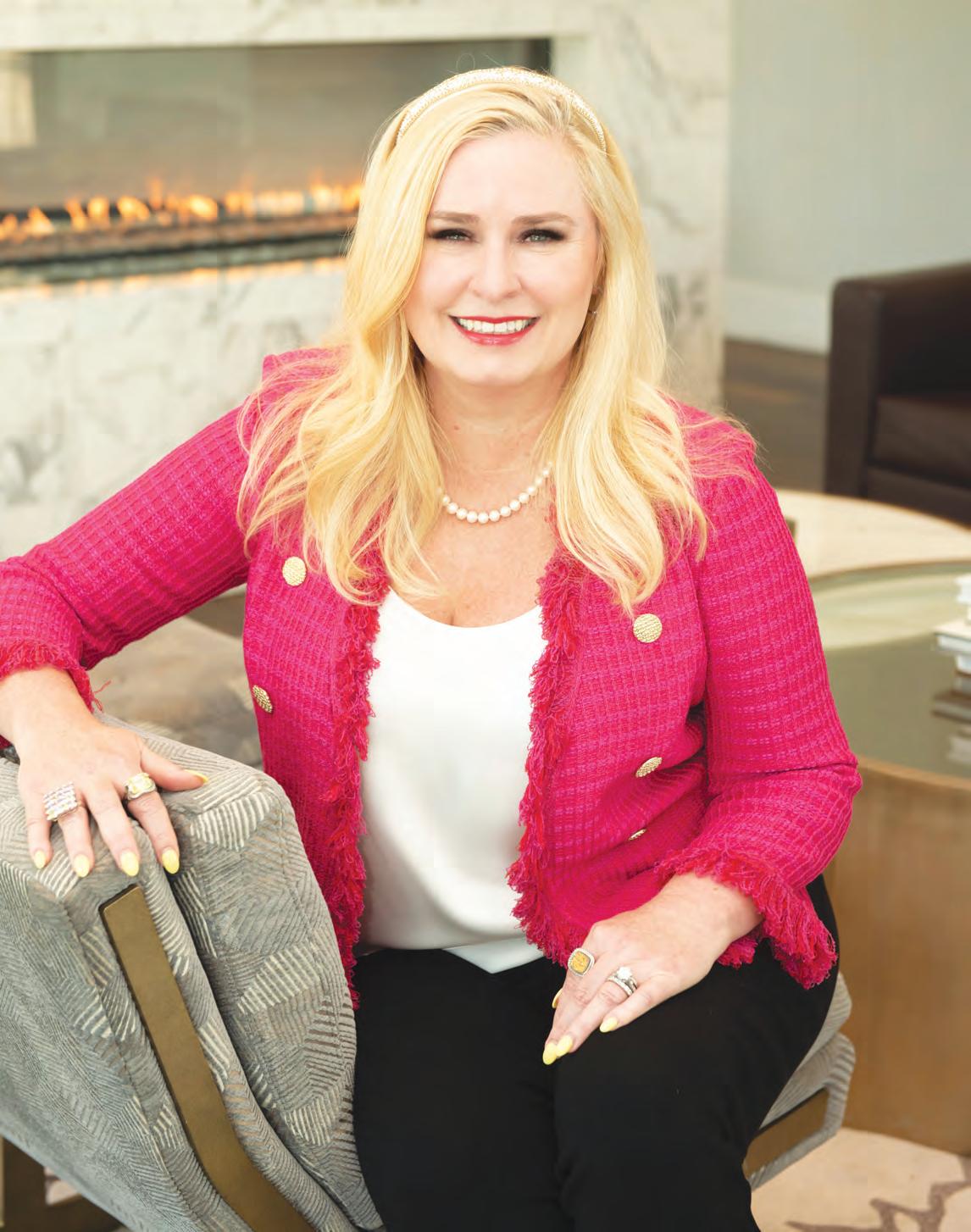
Attorney Deandra M. Grant is the managing partner of Deandra Grant Law. She is an international speaker on DWI law, science and trial skills. As the author of the annually updated Texas DWI Manual, she is viewed by her peers as being a leader in her field. Deandra understands the science behind alcohol absorption and elimination rates and can use this knowledge to competently defend you.
Deandra was included in the list of Super Lawyers® for 2011-2012 and 2014-2023. Super Lawyers® is an attorney rating service that is nationally recognized throughout the legal community. The list represents no more than 5% of the attorneys in Texas. She is also AV® Preeminent™ Rated by Martindale-Hubbell®, which is the highest rating an attorney can achieve. She was given the AV® Rating for her outstanding professional achievements in the field of DWI law and her contributions to the legal community. She’s also received the highest rating of 10.0 by both AVVO and Justia.
Deandra graduated in 1990 from Trinity University in San Antonio with a B.S. in Business Administration. She earned her law degree from the SMU School of Law and was licensed by the State Bar of Texas in 1993. Having spent her last year of law school as an intern with the Dallas County District Attorney’s Office, she began work there as an assistant district attorney in January 1994.
Deandra’s tenure as a prosecutor focused on DWI prosecution. Upon leaving the DA’s Office, she opened her own criminal defense practice.
Over the last 30 years she has represented hundreds of Texans charged with criminal offenses, including DWI, violent felonies and sex crimes. As a former prosecutor, she knows firsthand how to counter the prosecutor’s evidence and strategy.
Deandra has spent hundreds of hours in training courses and programs related to DWI defense and has completed the certification course to administer standard field sobriety testing (SFST), the same National Highway Traffic Safety Administration training course that teaches police officers nationwide how to identify drunk drivers during traffic stops. She has also completed the SFST Instructor course and taught the SFST practitioner course to other attorneys. In 2008, she completed coursework on DWI forensic blood and urine testing.
In 2011 she received a certificate from the American Chemical Society in forensic chromatography. In 2012 she became a member of both the American Chemical Society and the American Academy of Forensic Science. Deandra earned the ACS-CHAL Forensic Lawyer-Scientist Designation in 2015. In 2016 she completed both a Graduate Certificate in Forensic Toxicology from the University of Florida’s College of Veterinary Medicine and a Master in Pharmaceutical Science—Concentration in Forensic Science from the University of Florida’s College of Pharmacy. In 2019 she joined the faculty at Axion Labs as an Assistant Chromatography Instructor.
Deandra is a former board member of the Texas Criminal Defense Lawyers Association. She is a Charter Member and former president of the DUI Defense Lawyers Association. She has served on the board of the Dallas Women Lawyers Association and served a term as president of the Dallas Criminal Defense Lawyers Association in 2022.
On a personal note, Deandra has been married to Eric Clendenin for over 20 years and is the proud mom of Keegan and Rowan. She is also the “mom” to five rescue dogs. She spends a great deal of time working with dog rescues and is Vice President of Living the Doxie Dream Rescue & Sanctuary, located in Royse City, Texas. Deandra is a self-proclaimed “wine snob” who collects wine.
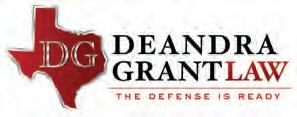

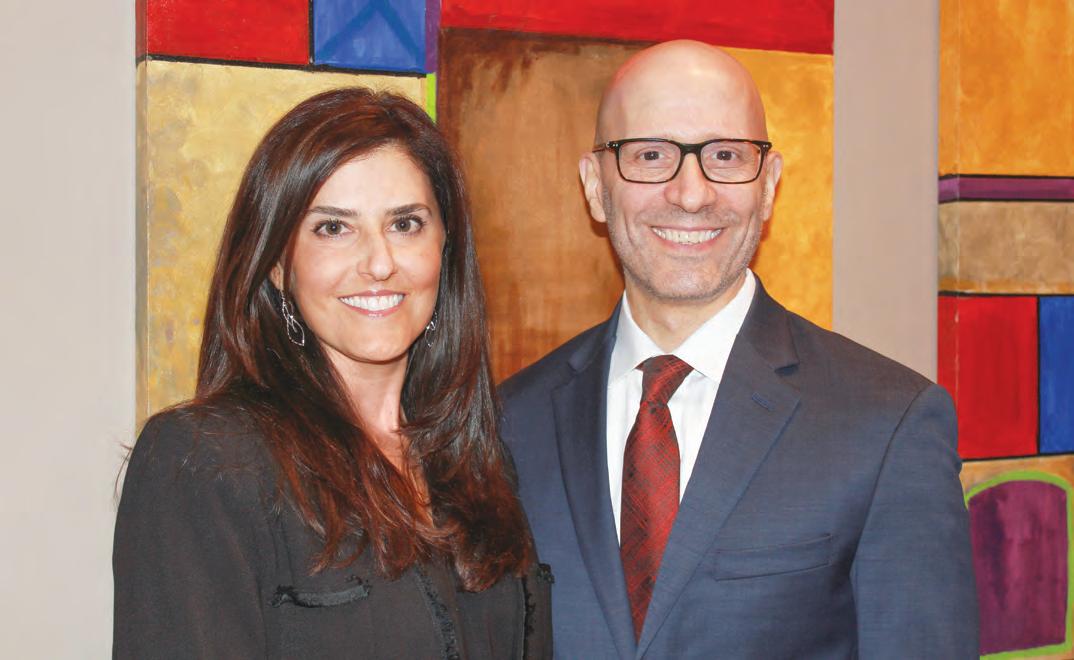
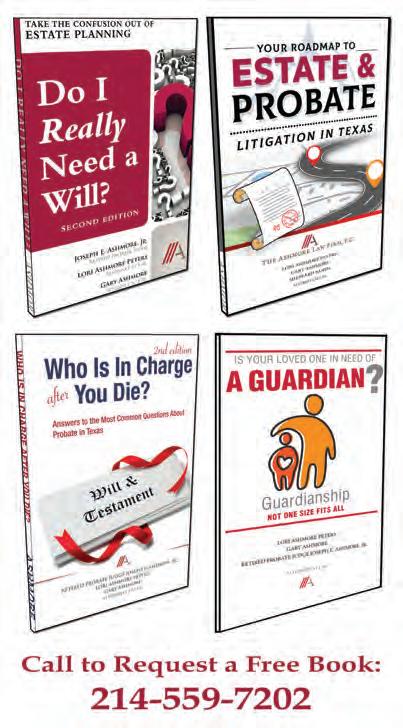
The Ashmore Law Firm is a family-owned and operated, full-service boutique law firm that has been serving the community for over 30 years. The firm was established in 1987 by Retired Probate Judge Joseph E. Ashmore, Jr. and his son, Gary Ashmore. Attorney Lori Ashmore Peters, Joe’s daughter, and Gary’s sister later joined the firm in 1996.
We provide you with cost-effective options and specifically focus on the individual needs of our clients.
As a client of The Ashmore Law Firm, you will benefit from over 135 years of combined legal experience.
“I can’t thank The Ashmore Law Firm enough. They gave me peace of mind helping me with my legal needs. They are professional and looked out for our interest.”
“As an attorney & businessman, I am pleased to share that Lori Ashmore Peters has the integrity & philosophies that are sorely needed in the legal profession today.”
When you work with The Ashmore Law Firm, you are working with attorneys that are passionate about going above and beyond for you. We believe that we can offer you the best possible legal counsel within our community. You get the best of both worlds, a high level of service that the big law firms provide, with the individualized attention of a smaller practice.
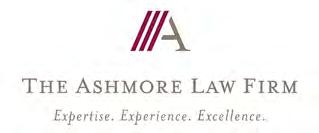
Attorney Christene “Chris” Krupa Downs focuses her practice on wills, trusts, advance directives, estate planning, guardianships, and probate. She has over 10 years of legal experience handling estate planning, probate & guardianship legal matters for clients in Allen, Frisco, McKinney, Plano and throughout Collin, Dallas and Denton counties.
In addition to her practice, Chris writes and lectures for local and state bar associations, and at legal seminars. She is a member of various professional organizations, including the Collin County Bar Association, the Dallas Bar Association and the Texas Bar College. She is also active in the State Bar of Texas and serves on the board of the Bar’s Computer and Technology Section Council.
As part of giving back to the Texas community, Chris serves on the board of the Wellness Center for Older Adults, an organization addressing the needs and concerns of Collin County’s older adult population, and is treasurer of the Women’s Auxiliary to Plano Children’s Medical Center. She also serves on the board of the Junior League of Collin County as Community Strategic Director and is a former Treasurer and Executive Vice President of the organization. In 2022, Chris was recognized with the Athena Award by the Plano Chamber of Commerce and the Community Service by a Woman Lawyer award by the Collin County Women Lawyers Association.
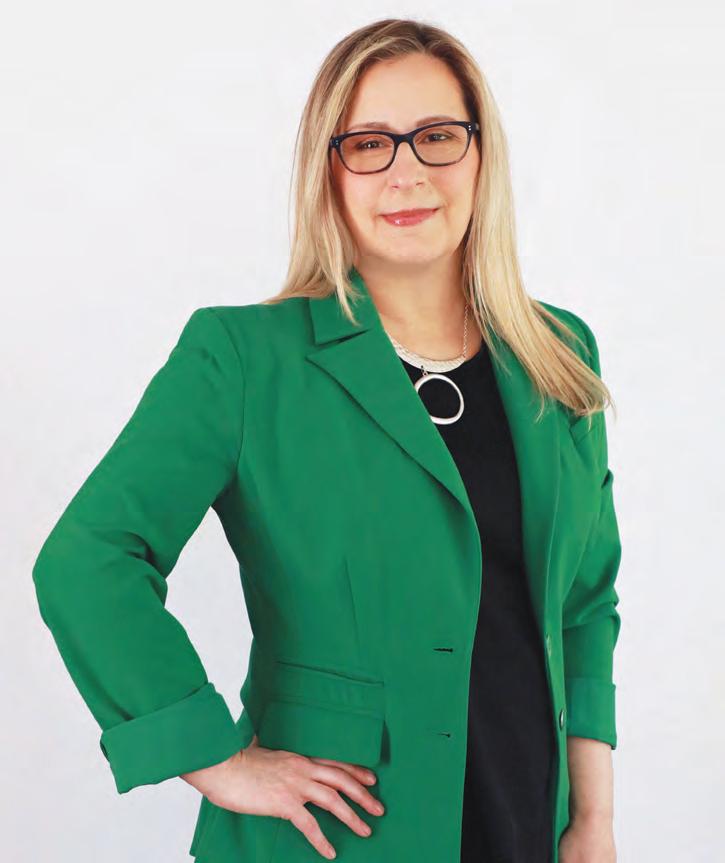

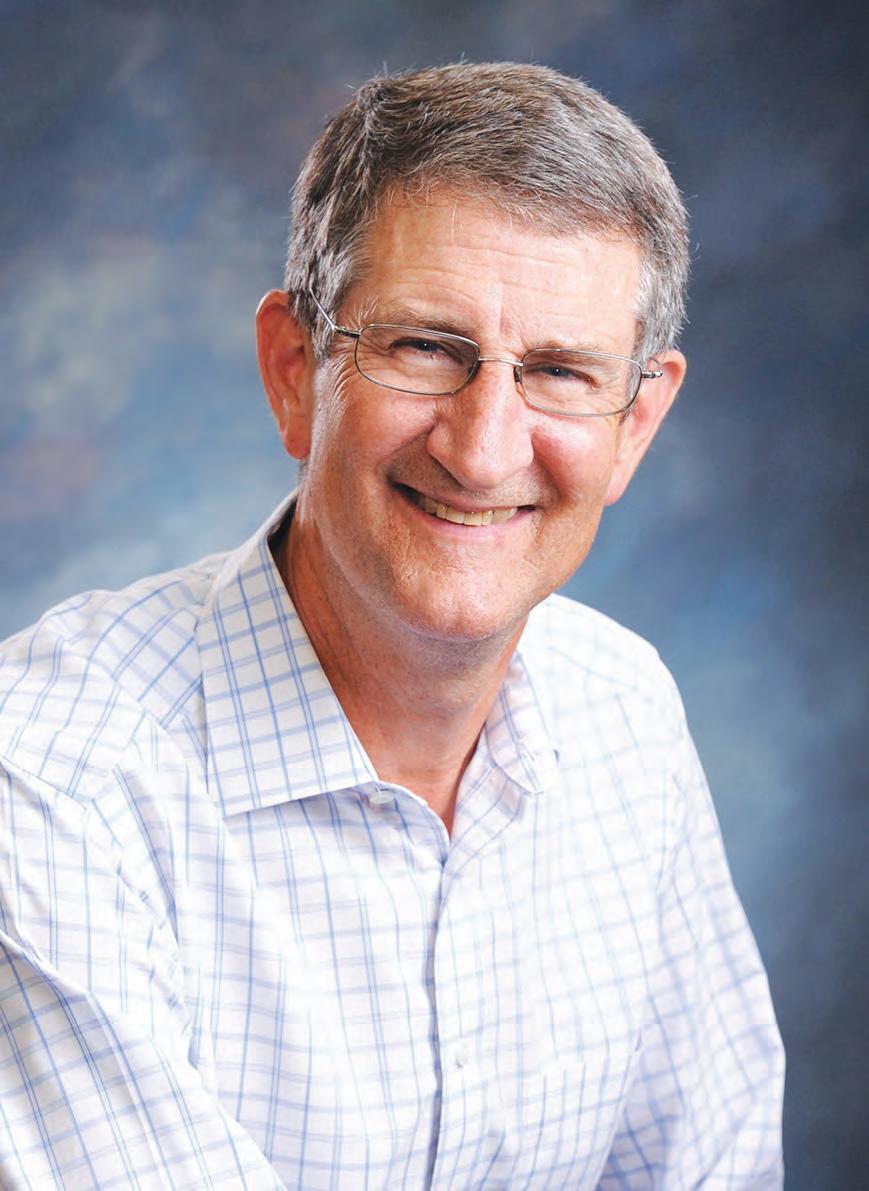
Craig Watson’s legal practice focuses on the areas of estate planning, probate, elder law and guardianship matters. He serves clients with large taxable estates as well as small non-taxable estates. His estate planning work includes the preparation of simple Wills and Revocable Trusts as well as complex estate plans involving By-pass Trusts and Marital Trusts. Craig also designs estate tax-sensitive plans that include charitable trusts, life insurance trusts, educational trusts, LLC’s and family limited partnerships. Craig’s probate practice is similarly broad and may include anything from probating a small estate all the way up to preparing and filing a federal estate tax return for a large taxable estate. As an elder law attorney, Craig handles nursing home Medicaid qualification, guardianships, wills, powers of attorney and medical authorizations for elderly clients.
Craig is a member of the Special Needs Alliance, a national, invitation only organization of attorneys committed to serving the legal needs of disabled individuals. Craig is certified as an Elder Law Attorney by the National Elder Law Foundation, which is recognized by the Texas Board of Legal Specialization. He is a Life Fellow of the Texas Bar Foundation, a member of the College of the State Bar of Texas, the National Academy of Elder Law Attorneys, and the Texas and Grayson County Bar Associations. He graduated from SMU School of Law in 1989 with a Juris Doctor degree. Prior to that, he practiced as a CPA in Dallas for four years after graduating with a degree in Accounting and concentration in Finance from Baylor University in 1982.
Craig is married and lives on a farm west of Sherman where he raises cattle.

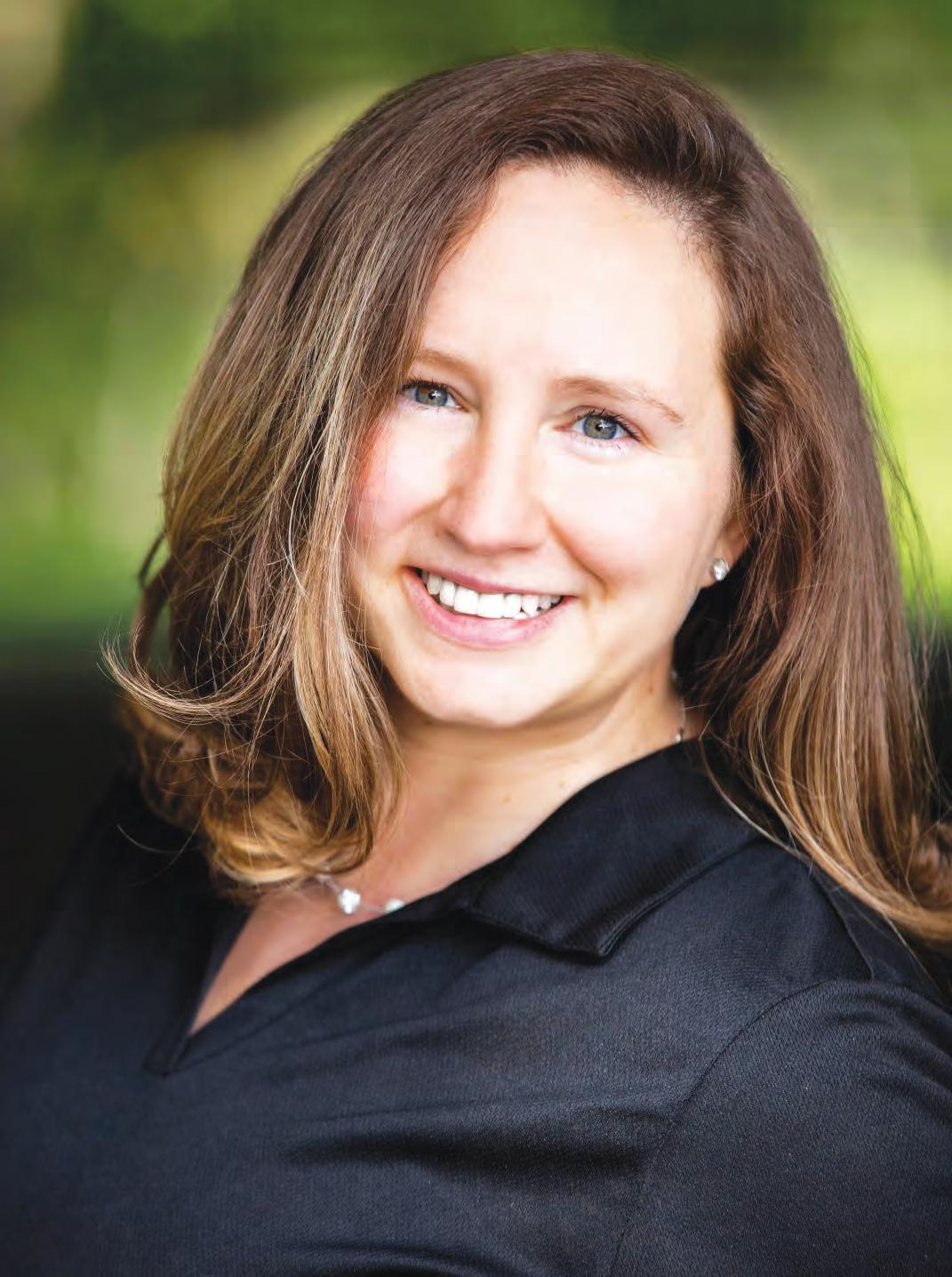
Attorney Robin Forsythe’s estate planning practice focuses on helping families enhance their lives today and secure their futures tomorrow. She excels in guiding her clients through the often-confusing maze of financial and legal decisions to create plans that ensure the well-being of their families and the accomplishment of cherished family goals. Her considerable legal expertise includes family protection, wealth preservation, pet planning and values-based planning as well as planning strategies for unmarried couples and divorced individuals. Whether you are married or single, with a traditional family or blended one, just starting out or looking back on a life well-lived, Robin will help you craft a plan that achieves your goals for your loved ones today and for years to come.
Robin started her career as a Special Investigative Agent for the Kentucky Department of Revenue after graduating Magna Cum Laude from Kentucky State University with a bachelor’s in Business Administration with an Accounting Emphasis and a Minor in Finance. There she investigated Criminal Tax Fraud in both individuals and businesses. She also performed joint investigations with local, state, and federal law enforcement bodies and sat on multiple task forces. Robin attended law school part time while working for the state and graduated from Northern
Kentucky University’s Salmon P. Chase College of Law in 2014. She worked for Toyota North America for four years in their accounting, supply chain and sales departments working on large projects including moving the supply chain function to the United States from Japan and leading their Annual Plan for North America. In 2018 Robin and her husband moved back to Texas and Robin joined a Dallas based CPA firm providing Tax Controversy services to clients struggling with IRS issues. In 2019 Robin set out on her own to provide clients with flat fee-based practice for Tax Controversy and Estate Planning.
Robin’s love of Estate Planning started in her undergraduate career knowing how difficult life can be when a family member dies without a will or even any clear instructions. Her own father passed when she was a senior in high school and saw the rift it can create in families. Robin knows the value of planning for a death or incapacity in your family. Your kids, pets, friends, and family need clear instructions from you to see your dreams, goals and ideas through.
Robin lives in Princeton, TX with her husband Cory and 6-yearold daughter Taylor. She’s also the loving owner of a corgi cross, Chewy, a corgi Hamilton, and an Appaloosa horse named ‘Appyness. Robin is an avid Tennis player and dressage rider.

LAWYERS 2024
SPECIAL ADVERTISING SECTION
DIVORCE, CHILD CUSTODY, POST-DIVORCE MODIFICATIONS, CHILD SUPPORT, MARITAL PROPERTY AGREEMENTS, ENFORCEMENTS, GRANDPARENTS’ RIGHTS, PATERNITY, COLLABORATIVE LAW, AND APPEALS

KOONSFULLER SHAREHOLDERS
ROW 1: NEDA GARRETT,* BRIAN LOUGHMILLER,*† LIZ PORTER,* CHARLA BRADSHAW,* IKE VANDEN EYKEL,*†, RICK ROBERTSON,* HEATHER KING*, JESSICA JANICEK,* JULIE CRAWFORD*
ROW 2: DREW WILLIAMSON,* DANA MANRY,* SEAN ABEYTA,* JESSICA PERRONI,* SALLY PRETORIUS,* CHRIS MEUSE,* FRED ADAMS,* KEVIN SEGLER,* ROB MCEWAN*, LAURA S. HAYES,* TOM DALEY*, PAUL LEOPOLD**
*Board certified in family law by the Texas Board of Legal Specialization.
†Board certified in civil trial law by the Texas Board of Legal Specialization.
**Board certified in civil appellate law by the Texas Board of Legal Specialization.
We’re solely focused on family law. So you can fully focus on your family.
At KoonsFuller, we only practice family law. Which means we’re fully dedicated to serving Dallas area families and their unique legal needs. From informal negotiations to mediations, collaborative law to court proceedings, our thirty plus attorneys across four offices provide an unmatched network of expertise. Working together as a fully integrated team, KoonsFuller’s attorneys are equipped to handle estates of all sizes, cases of all complexities, and custody issues of any kind.
See what KoonsFuller can do for your family.Working together, as a fully integrated team, there is no case too large or complex for us to manage. To learn more about KoonsFuller, visit koonsfuller.com.
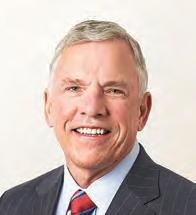
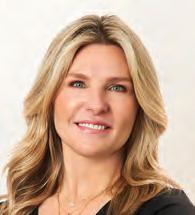
ROBERTSON SHAREHOLDER VOTED 2024 TOP LAWYER LIZ PORTER SHAREHOLDER VOTED 2024 TOP LAWYER
DALLAS (Principal Office) 1717 McKinney Ave. Ste. 1500 Dallas, TX 75202 (214) 871-2727
DENTON
320 W. Eagle Dr. Ste. 200 Denton, TX 76201 (940) 442-6677
PLANO
5700 W. Plano Pkwy. Ste. 2200 Plano, TX 75093 (972) 769-2727
550 Reserve St. Ste. 450 Southlake, TX 76092 (817) 481-2710
Rawlins Law Firm, LLC represents individuals across the state of Texas. Our firm specializes in providing representation to individuals and companies helping recover Diminished Value on their automobiles.
When your personal or company vehicle is involved in an accident and subsequently repaired, it will have an inherent lost value due to the loss history on the vehicle. When another person’s negligence causes the accident, you have the right to recover the lost value directly from that person’s insurance company.
Get in touch with us to set up a consultation to inquire whether our services are right for you. We at Rawlins Law Firm know that finding the right attorney to represent you is a choice not to be taken lightly. That’s why we offer free consultations to walk you through your needs, the scope of your goals, and your budget.
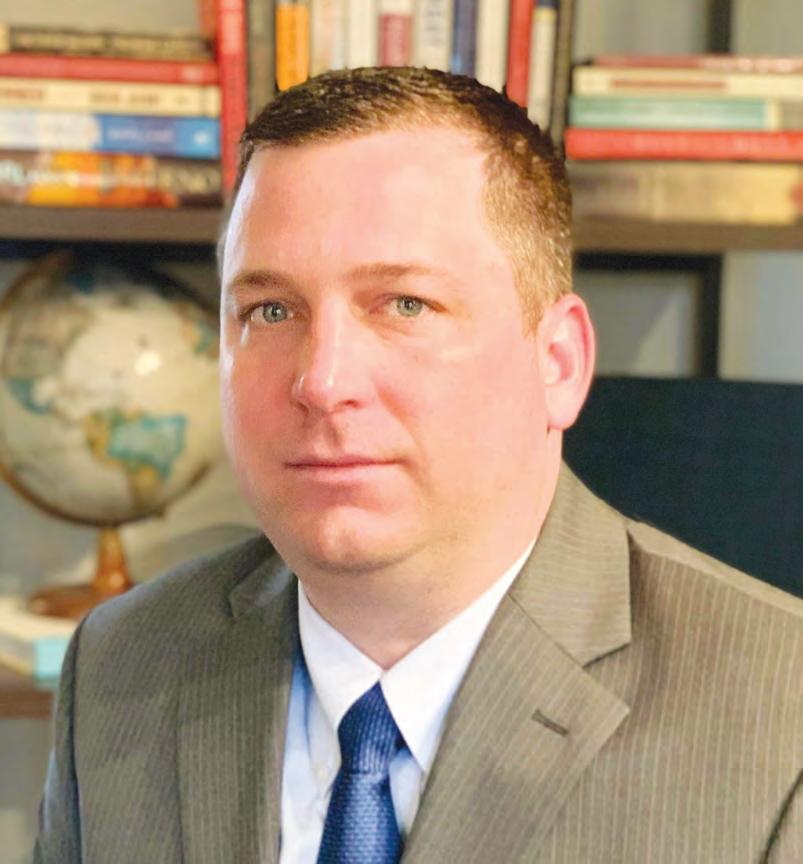

SPECIAL ADVERTISING SECTION
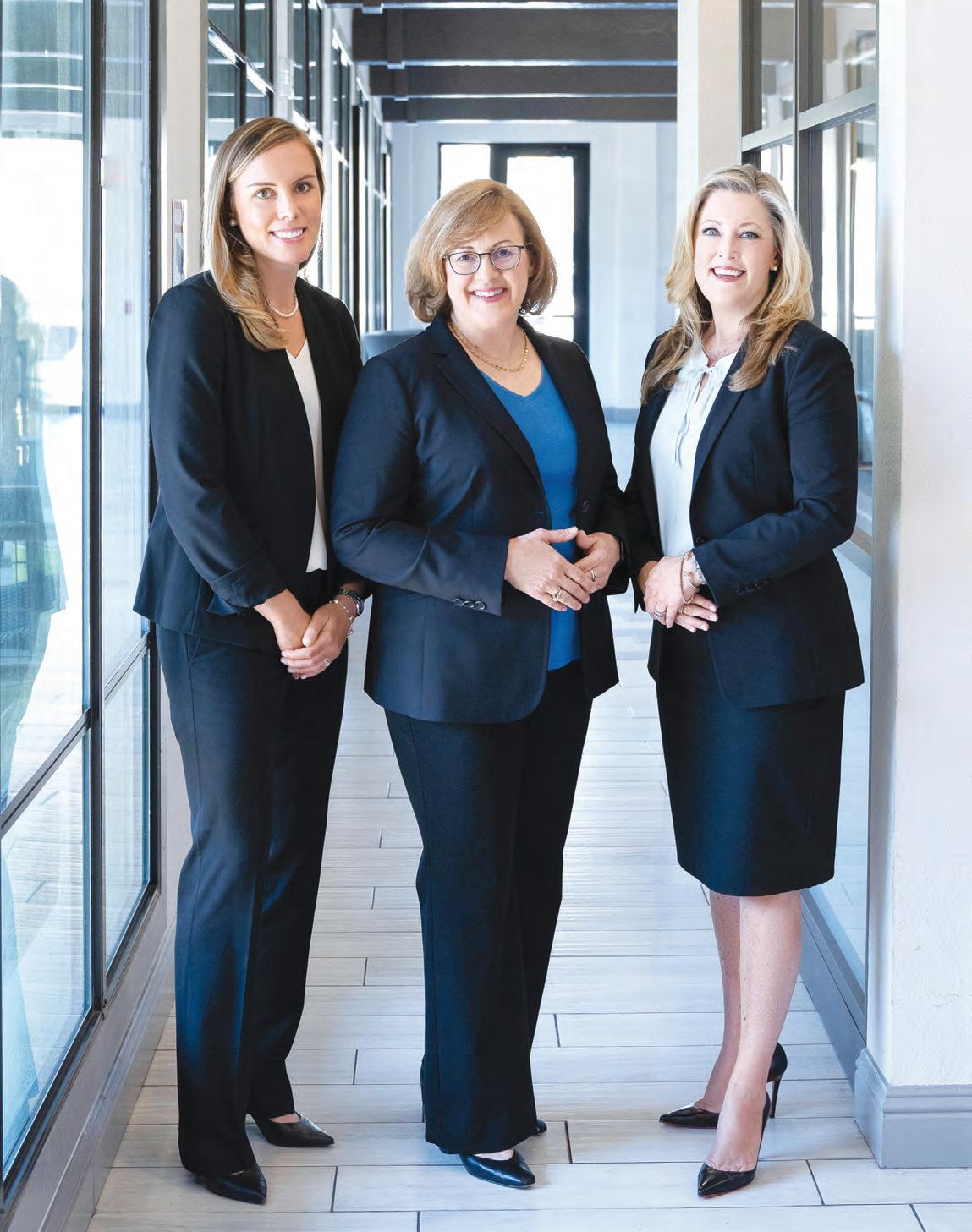
As partners at Leu, Peirce & Olson, PLLC, a preeminent Elder Law firm in Plano, Lori Leu, Erin Peirce, and Lauren Olson are committed to providing quality, compassionate, and dignified services to their clients. Their boutique practice focuses on protecting seniors through Estate Planning, Guardianship, Medicaid and Veterans Benefits, Probate & Estate Administration, and Probate Litigation.
Lori Leu, a Certified Elder Law Attorney (CELA), graduated from Kansas State University and Harvard Law School. After practicing commercial litigation and telecommunications law, Lori attended SMU Perkins School of Theology and, in 2008, realized her calling of serving seniors and their families through the practice of Elder Law. Lori grew up in a small town in Kansas and raised her family in Plano.
Erin Peirce graduated from Texas A&M University and the South Texas College of Law. Erin was raised in Houston and moved to Dallas in 2007. Prior to joining Lori Leu in 2011, Erin practiced commercial litigation, which now enables her to advocate for her client’s rights and defend against elder abuse and exploitation in the Elder Law arena.
Lauren Olson began practicing with Leu & Peirce in 2013. Lauren is a Plano native and graduate of Saint Louis University and SMU Dedman School of Law. Lauren’s background as a social worker and member of AmeriCorps forms the foundation of her compassion and mission to help the community and the families served at Leu & Peirce.
The experienced and talented team at Leu, Peirce & Olson is devoted to empowering seniors and their families with advice on issues of long-term care, financial well-being, healthcare, and the ultimate disposition of assets, enabling their clients to plan for the future and age with grace and dignity. Along with their dedicated support staff, Lori, Erin, and Lauren focus all of their energy on making the legal aspects of aging easier for their clients. The emerging practice of Elder Law encompasses a variety of legal challenges experienced by seniors and their families, as well as those with special needs, and the attorneys at Leu, Peirce & Olson are committed to serving the unique needs of each client.

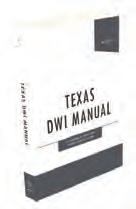
Attorney Deandra M. Grant leads Hamilton Grant’s North, East and Central Texas offices. She is an international speaker on DWI law, science and trial skills. As the author of the annually updated Texas DWI Manual, she is viewed by her peers as being a leader in her field. Deandra understands the science behind alcohol absorption and elimination rates and can use this knowledge to competently defend you.
–DEANDRA GRANT NATIONALLY RECOGNIZED DWI AND CRIMINAL DEFENSE LAW FIRM
Deandra formerly was an assistant district attorney. Her tenure as a prosecutor focused on DWI prosecutions which has given her firsthand knowledge on how to counter the prosecutor’s evidence and strategy. Deandra has spent hundreds of hours in training courses and programs related to DWI defense and has completed the certification course to administer standard field sobriety testing (SFST), the same training course taught to police officers nationwide on how to identify drunk drivers during traffic stops. As a certified SFST Instructor, Deandra has taught the course to other attorneys. She’s also completed the coursework on DWI forensic blood and urine testing.

“I have a masters degree in pharmaceutical science and a graduate certificate in forensic toxicology. I am able to take apart evidence in ways a lot of other attorneys are not able to do. The most important part of my job is being the barrier between the government and my client. Standing between them. Making sure their rights are protected.”



» Staffed by 2 Licensed, Doctors of Audiology
» Hearing Aid Fittings, Maintenance and Repairs
» Invisible Fittings/Open Fittings
» Evaluation Period On All Hearing Aids
» Hearing Evaluations For All Ages
» Wireless/Connectivity Hearing Solutions
» Battery Purchase Programs
» Custom Ear Protection
» Assistive Devices

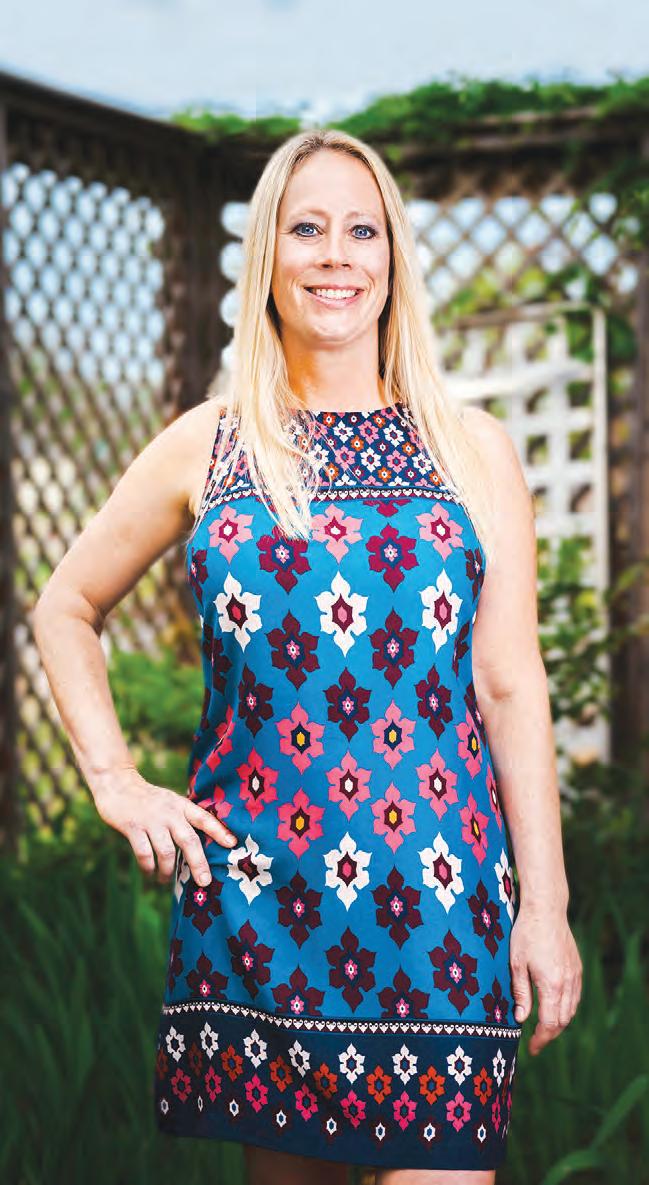
Hearing loss can affect your life in many ways. You may miss out on talks with friends and family. Sometimes hearing problems can make you feel embarrassed, upset, and lonely. It’s easy to withdraw when you can’t follow a conversation. It’s also easy for friends and family to think you are confused, uncaring, or difficult when the problem may be that you just can’t hear well.
As an audiologist, I often get asked in my officby friends and family, especially when fitting a new patient with hearing aids, how to best communicate with them. So, I thought I would share some tips on best communicating with a hearing-impaired person.
Engaging in conversations with individuals who have hearing loss requires a unique approach, one that is rooted in empathy, patience, and understanding. Below are some valuable tips for talking to a person with hearing loss, drawing from my own experiences and insights gained through interaction with the hearing-impaired community.
• Establish eye contact and gain their attention. Ths helps them to pick up on facial expressions.
• Face the person and talk clearly (not while walking away from patient or while looking in cabinets, refrigerators, etc.).
• Speak clearly and at a reasonable speed. Often, slowing down how you speak is more benefical than raising your voice.
• Do not hide your mouth or talk while eating or chewing gum.
• Stand in good lighting.
• Reduce background noises.
• Use facial expressions or gestures to give useful cues.
• Repeat yourself if necessary, using different words.
• Include the hearing-impaired person when talking. Talk with the person, not about the person when you are with others. Ths helps keep the person with hearing loss from feeling alone and excluded.
• With extreme hearing-impaired individuals, use visual aids when possible. Consider using written notes, diagrams, or even smartphone apps that provide real-time transcriptions of spoken words.
• Educate others around you should you know how the hearingimpaired individual can better understand them.

• Be patient; stay positive and relaxed.
• Ask how you can help! Ths gesture alone can help make the individual feel more included in the conversation.
Also important, here are some tips of what the hearing-impaired person can do to improve their communication with hearing aids:
• Let people know that you have difficulty hearing.
• Ask people to face you and to speak slowly and clearly. Ask them to speak without shouting which can just distort the speech signal.
• Pay attention to what is being said and to facial expressions or gestures.
• Let the person talking know if you do not understand.
• Ask people to reword a sentence and try again.
• Turn off ny unnecessary, extraneous noises (such as radio while in car, TV at home, etc.).
• Wear your hearing aids consistently!
Effective communication is a two-way street that requires effort and understanding from all parties involved. When talking to a person with hearing loss, it’s essential to approach the conversation with empathy, patience, and a willingness to adapt. By implementing the tips shared in this article, we can create a more inclusive and supportive environment that empowers individuals with hearing loss to engage fully in the world of communication. As someone who has navigated these challenges with my hearing-impaired patients, I can attest to the transformative power of empathetic communication in building meaningful connections with those who have hearing loss.
